Alexis Fifuentes uses thePESTEL analysis. This analysis allows us to anticipate the influences that have an impact on our target market. This analysis can therefore perfectly help all project leaders, brands or actors in the padel to analyze a market.
Politics :
The national sports policy is structured around four areas of action:
The development of sport for all, targeting audiences furthest from sport.
The organization of high-level sport, France is still a recognized sports nation due to the important training of top athletes. It remains versatile in most sports by having structures such as CREPS providing sports infrastructure qualities for young people and their support in high performance sport.
France also has the INSEP which is the continuity of the sports preparation in these young sportsmen.
Prevention through sport: For several years, Europe and France have encouraged the practice of sport mainly for its health benefits. Public health campaigns have been put in place, such as the National Nutrition and Health Plan, which aims to improve the health of the population and fight against many diseases such as diabetes and obesity. We can observe it through health messages, food advertisements, or sites on diet and fitness.
Promotion of sports professions: this is particularly developed thanks to the employment assistance CNDS (National Center for the Development of Sport) which consists in financially supporting new projects in CDI within any association having the status "sport" . Their priority objective is to perpetuate employment at the end of the CNDS aid.
Economic :
According to the FPS, the dominant market for sporting goods is North America with 40%. Europe holds the second position with 30% then Asia with 19% of market share. France is in second position behind Germany.
The economic sector of sport is not negligible. Indeed, the increase in sports expenditure between 2005 and 2012 is about 19%. It should also be taken into account that in terms of markets, the segment of articles and sportswear occupy the 4rd world rank of the consumer goods market.
From the chart, we can see that sport in outdoor recreation spending is the most important progression between 1960 and 2015.
Spending on outdoor sports is increasing by 4,2% annual average. Within this consumption, we find two thirds of these expenses which correspond to the purchase of bicycles and sporting goods. The last third concerns expenses in relation to registrations in clubs, sports associations.
We can thus realize that the place of the sport in France is more and more important and that the French are engaged more and more in the sporting activities. This increase can be explained in particular by sports that are developing more and more like running or fitness.
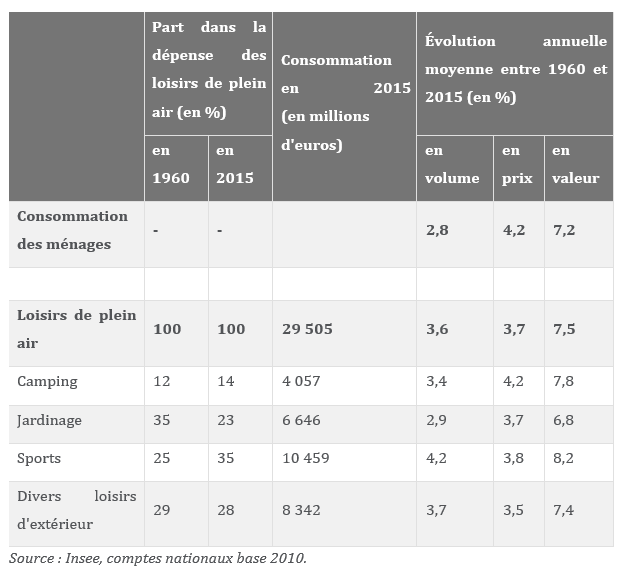
Sociological:
From a sociological point of view, we must take into account the fact that households have more and more free time compared to the 1960 years. Thanks to the great social measures of the popular front of 1936, the French have two weeks of paid leave and a reduction of the working week of 40 hours instead of 48 hours. To know that today, we have five weeks of paid holidays and a reduction of working hours to 35h in 2000.
According to INSEE, slightly fewer women (45%) than men (50%), aged 16 or older and living in metropolitan France, report having practiced at least one physical activity and sport in the last 12 years month.
The proportion of women participating in sports activities remains stable overall during their life, it only drops from 65 years old, which is not the case for men where their frequency to play sports gradually decreases.
Another factor to take into account concerning diplomas, 21% of women and 32% of men without diplomas declare to practice a physical activity and sports against respectively 63 and 66% of graduates higher level Bac + 2.
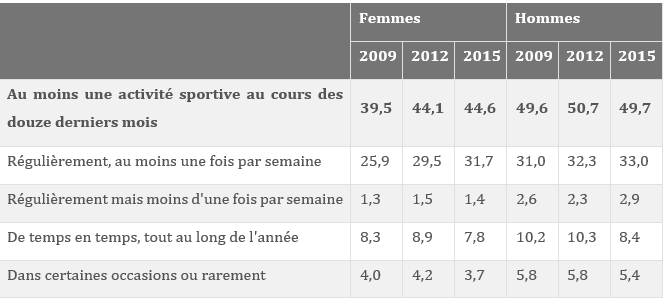
Scope: people aged 16 or over living in ordinary households in mainland France.
We can thus note that the disparity between man and woman on the sport practice tends to decrease. Women do more sports than before, and the French are more aware of the benefits that can bring them.
Finally, the fashion phenomenon is also to be taken into account as wearing daily tracksuit. Only 39% of sports textiles and 38% of sports shoes are intended for sports use. This trend of fashion is reciprocal in the sense that it itself can influence a sport practice (example of fitness).
Technological:
France is one of the leading countries in terms of innovation, its ability to transform their ideas into products or services comes from their research institutes, universities and industries.
French technological innovation can also impose itself on other sectors, it seeks to transform the way of consuming sport as virtual reality or Esport.
However, this for some brands like tennis has to be something that must have an end in itself. According to director Eric Babolat, innovation must be used to develop the practice, whether for the beginner player or for the high level player.
Decathlon itself has its own research laboratory that counts 50 researchers and 530 engineers working on new concepts. Decathlon registers an average of forty patents per year.
Eco-Friendly :
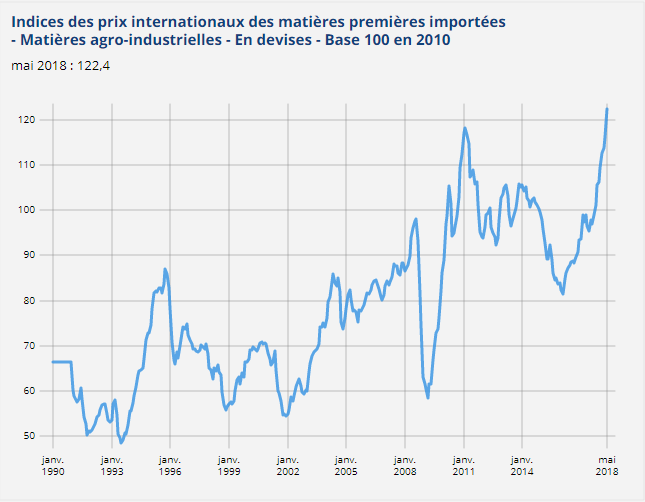
We can note from the table that the imported raw materials are in net accelerations (+ 5,5% after + 0,3%), it is not less for the prices in euros of oil (+ 10,9% after + 9.8% in April).
In addition, changing weather patterns could have a strong impact on trade in general. In fact, global warming increases the temperature more and more and creates seasonal shifts. This could represent longer term threats because we would not be able to correctly anticipate the same seasonal changes for weather forecasters. The production and management of stocks according to the seasons could be done randomly.
Legal:
With regard to legality, sport is very little affected by this factor. It is necessary to take into account the creation of associations, clubs and sports unions in 1940 which have their own rules.
The state and the ministry of sports intervene in multiple laws and regulations.
The case of padel tennis is to be taken into account, in fact it is subject to the regulations of the French tennis federation because it is they who have the "levers" and the necessary funding to help this racquet sport which is developing. For the moment the padel cannot completely free himself from the FFT and must live in symbiosis with it. In the years to come, regulations will evolve to make this sport completely autonomous.
Alexandre Cifuentes studies economics. He decided to intervene on the business of padel and in the sports market in general. It allows us to know about the padel in its entirety.





























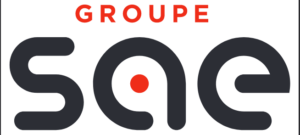
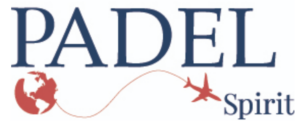
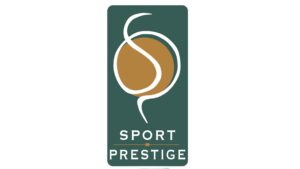

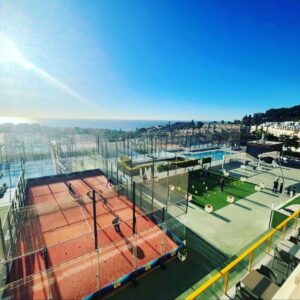




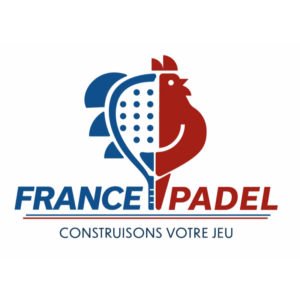
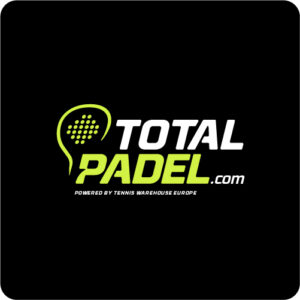
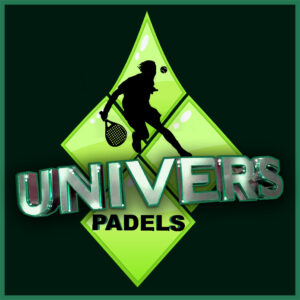


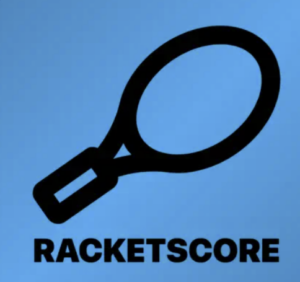
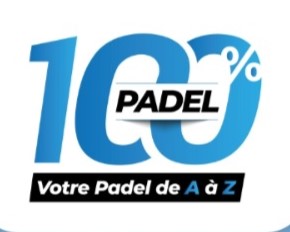


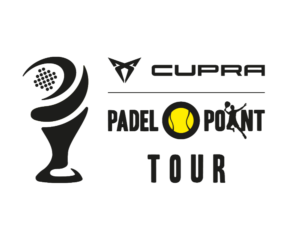

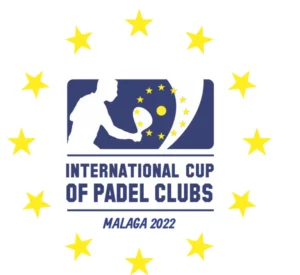


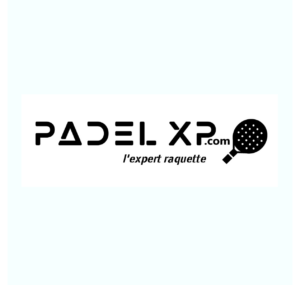

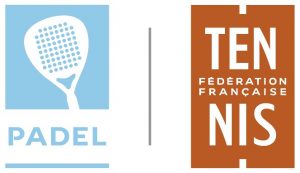



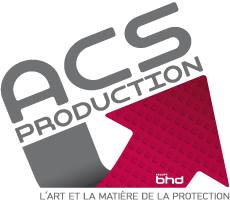








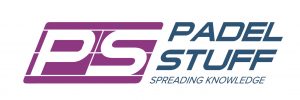
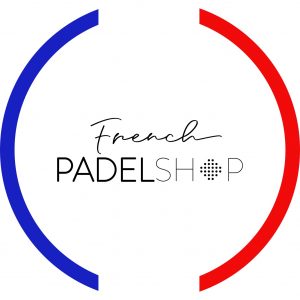

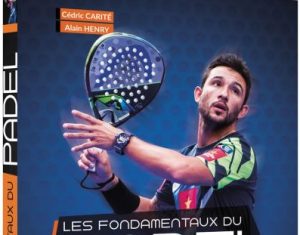


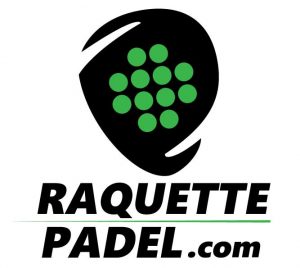

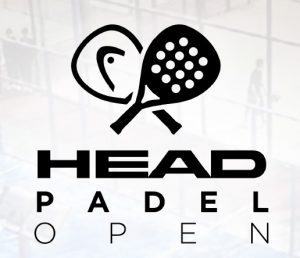

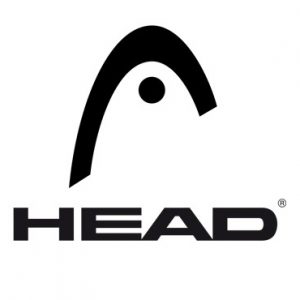



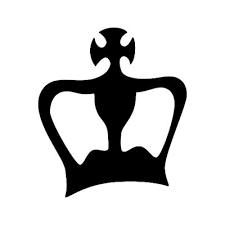



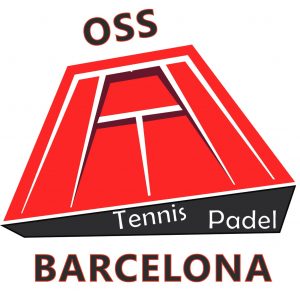
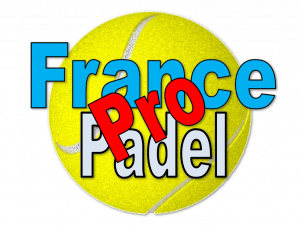

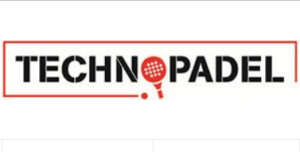
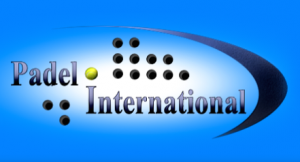

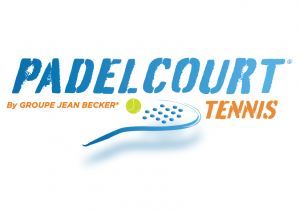


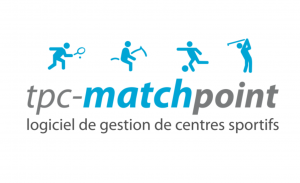






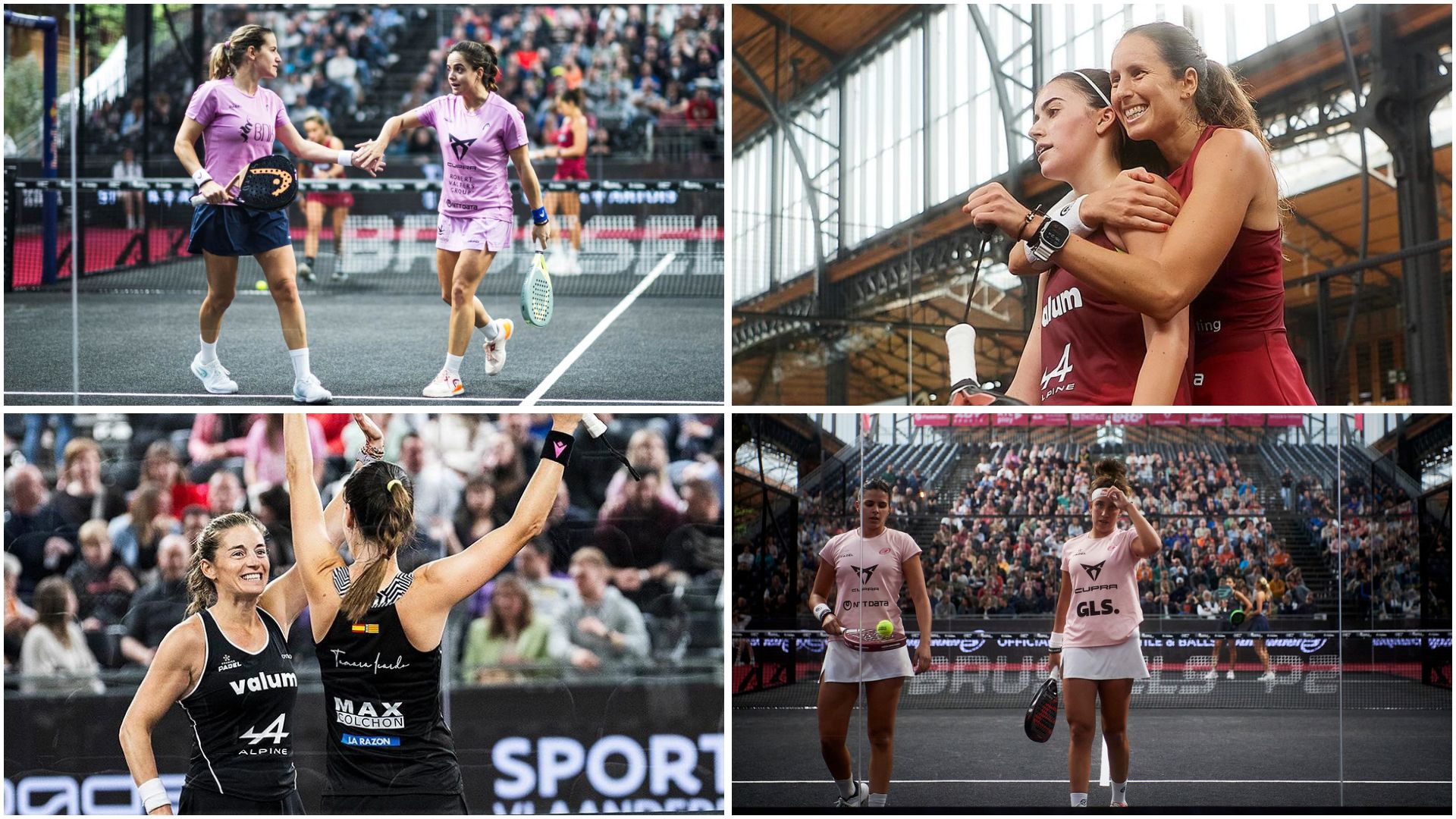 Premier Padel Brussels P2 – The women’s Big 4 at the semi-finals!
Premier Padel Brussels P2 – The women’s Big 4 at the semi-finals!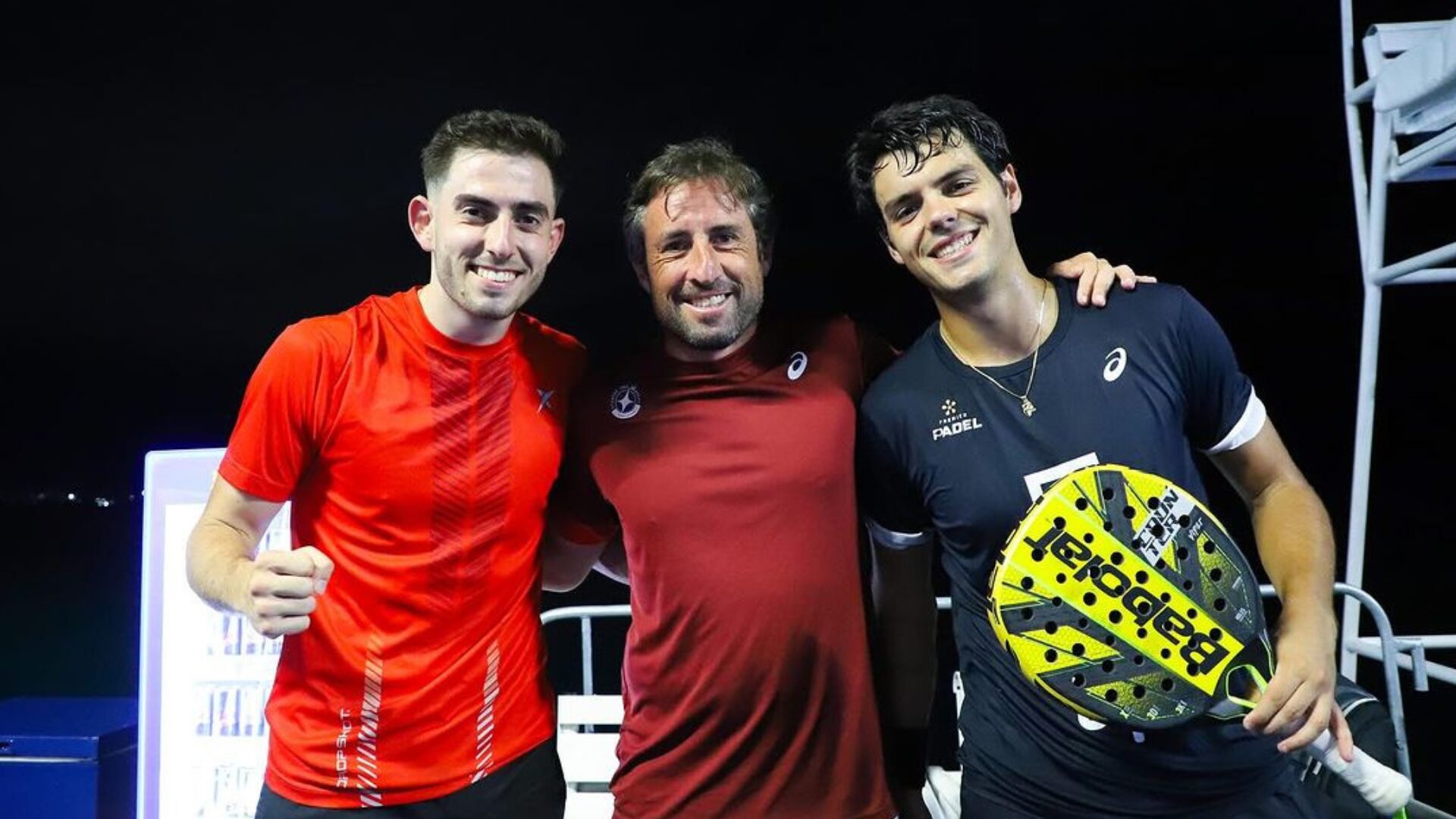 Premier Padel Brussels P2 – Sanz and Nieto win a big fight against Lebron / Navarro!
Premier Padel Brussels P2 – Sanz and Nieto win a big fight against Lebron / Navarro!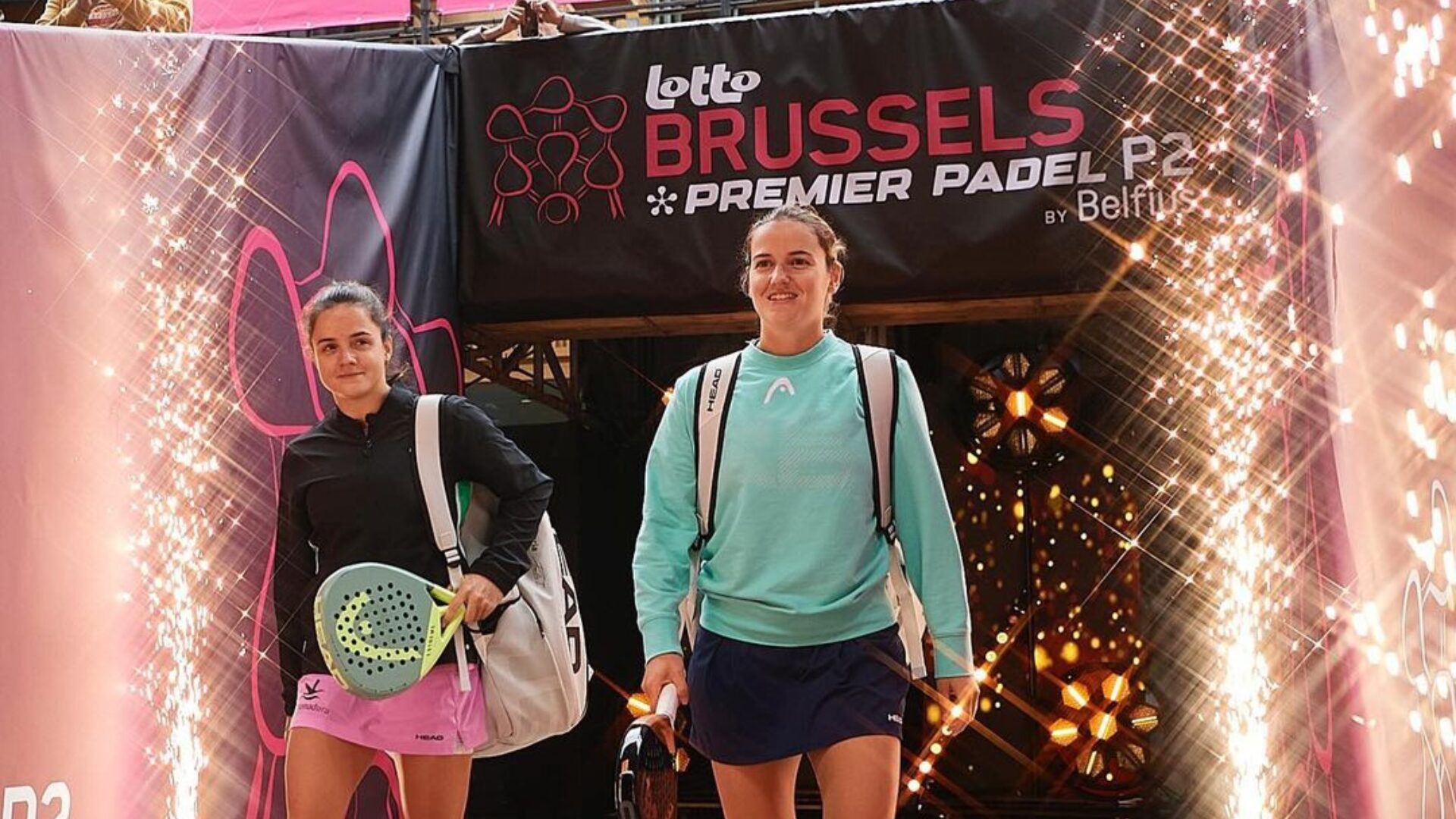 Premier Padel Brussels P2 – The break obviously did Sanchez / Josemaria good!
Premier Padel Brussels P2 – The break obviously did Sanchez / Josemaria good!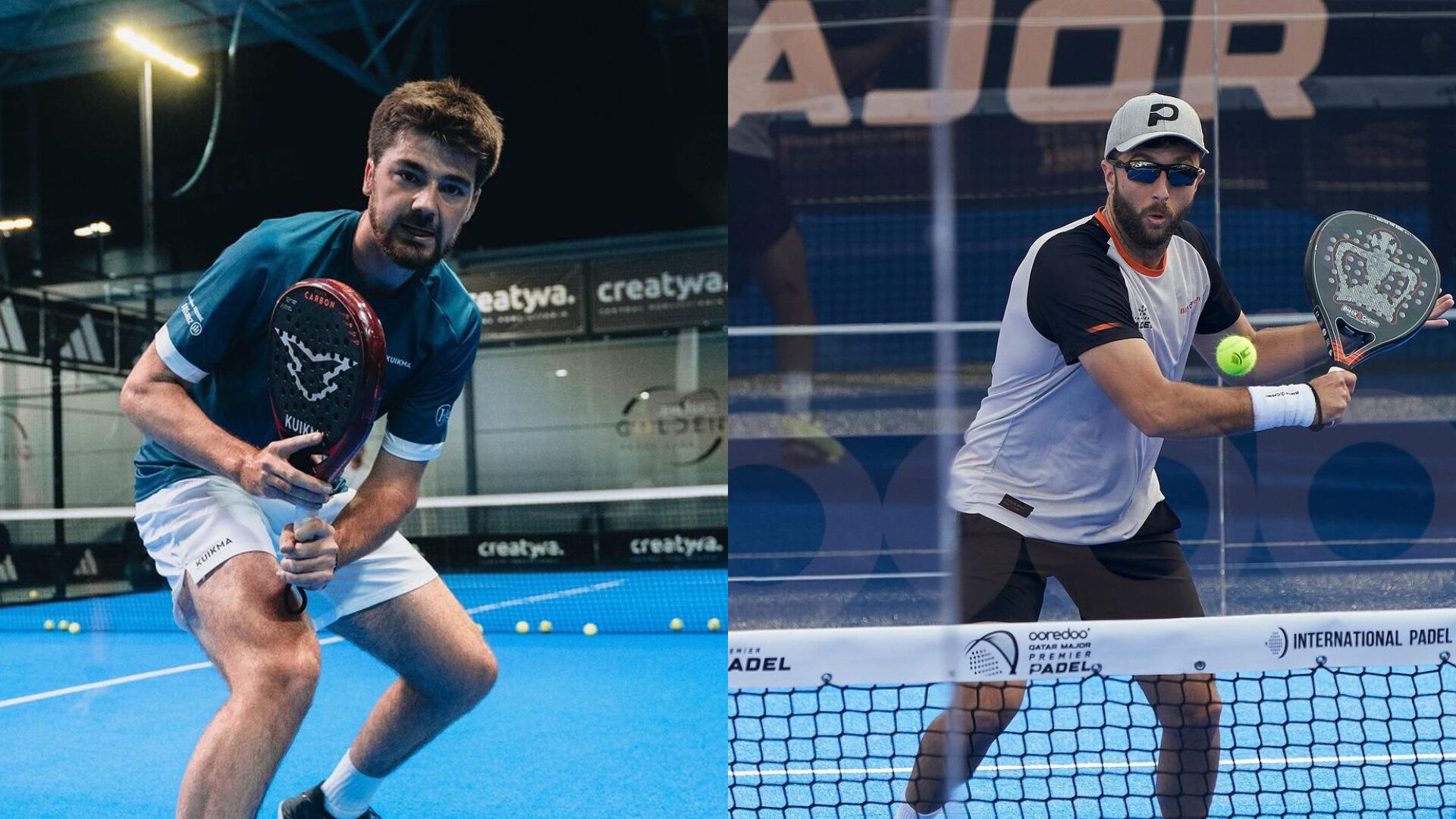 Premier Padel Sevilla P2 – From the waiting list to previas for Dylan Guichard and Ricardo Martinez!
Premier Padel Sevilla P2 – From the waiting list to previas for Dylan Guichard and Ricardo Martinez! Guillaume Codron de Sud Padel : “A family project”
Guillaume Codron de Sud Padel : “A family project” Nallé Grinda: “Democratize the padel in the USA with PadelX "
Nallé Grinda: “Democratize the padel in the USA with PadelX "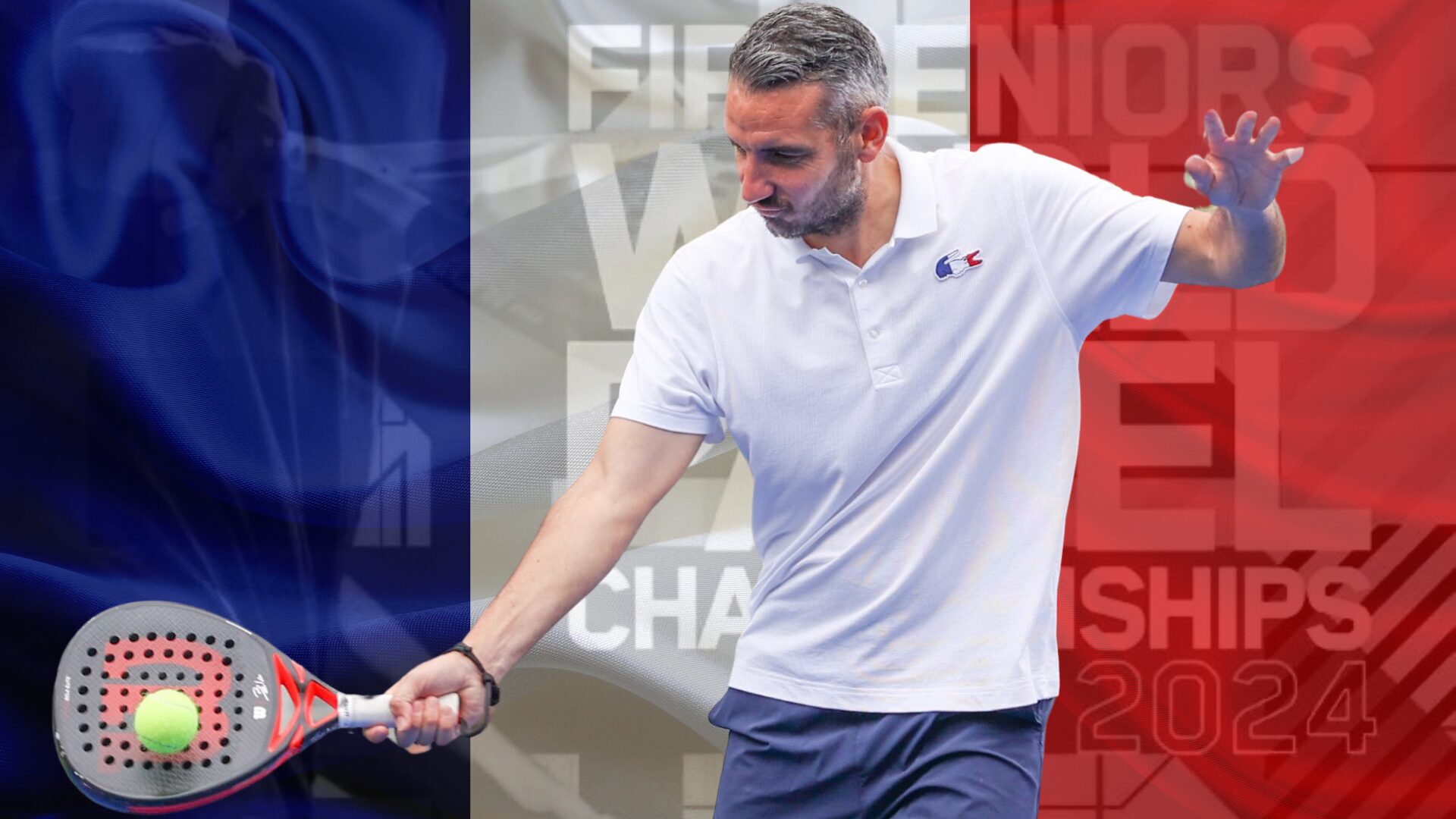 Simon Boissé: “We know that there are two nations in front of us”
Simon Boissé: “We know that there are two nations in front of us”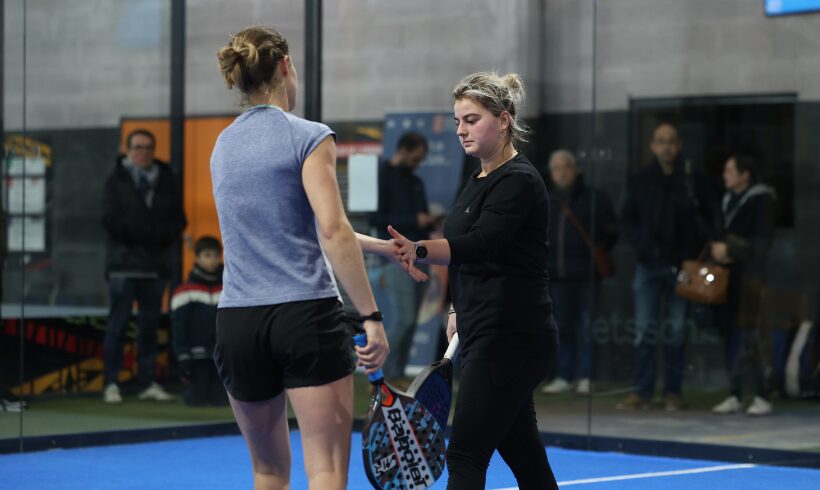 Marie Maligo: “This period of frequent changes of partners was beneficial for me”
Marie Maligo: “This period of frequent changes of partners was beneficial for me”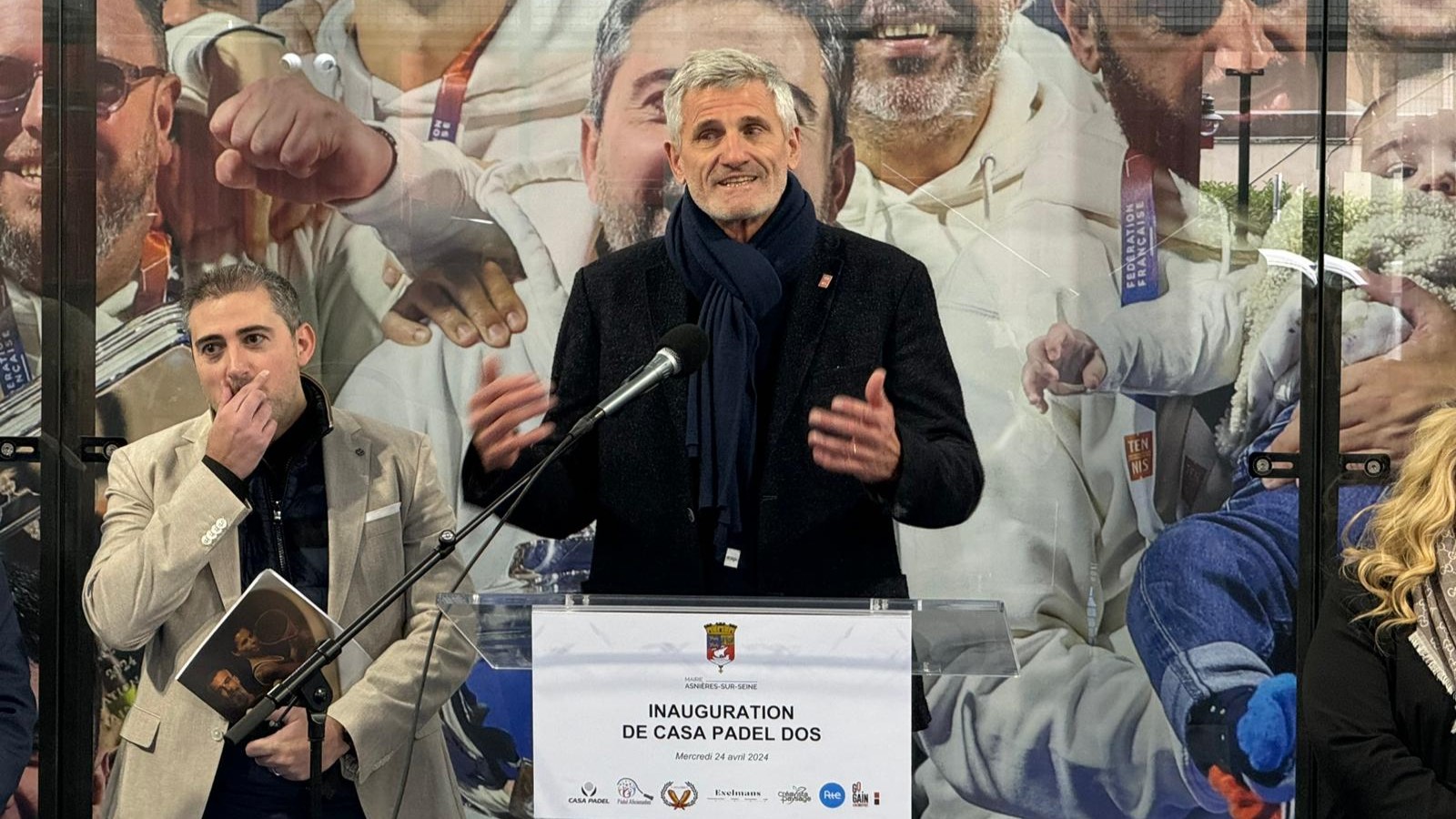 Gilles Moretton: “We will be able to put the padel at the level of tennis”
Gilles Moretton: “We will be able to put the padel at the level of tennis” Two P1000 doubled prize money approaching!
Two P1000 doubled prize money approaching!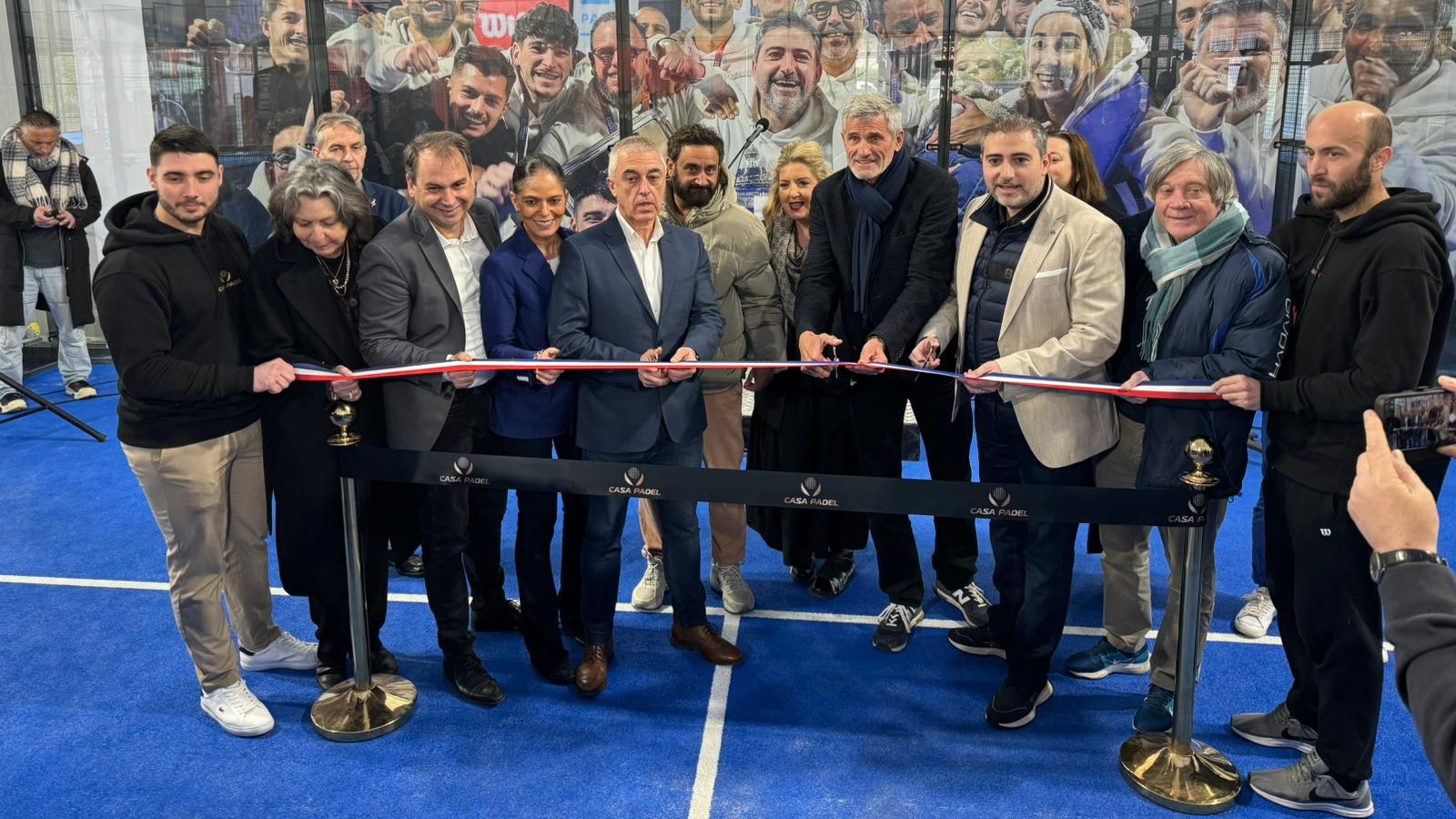 José Manuel Escin at the inauguration of Casa Padel DOS: “Finally, and thank you!”
José Manuel Escin at the inauguration of Casa Padel DOS: “Finally, and thank you!”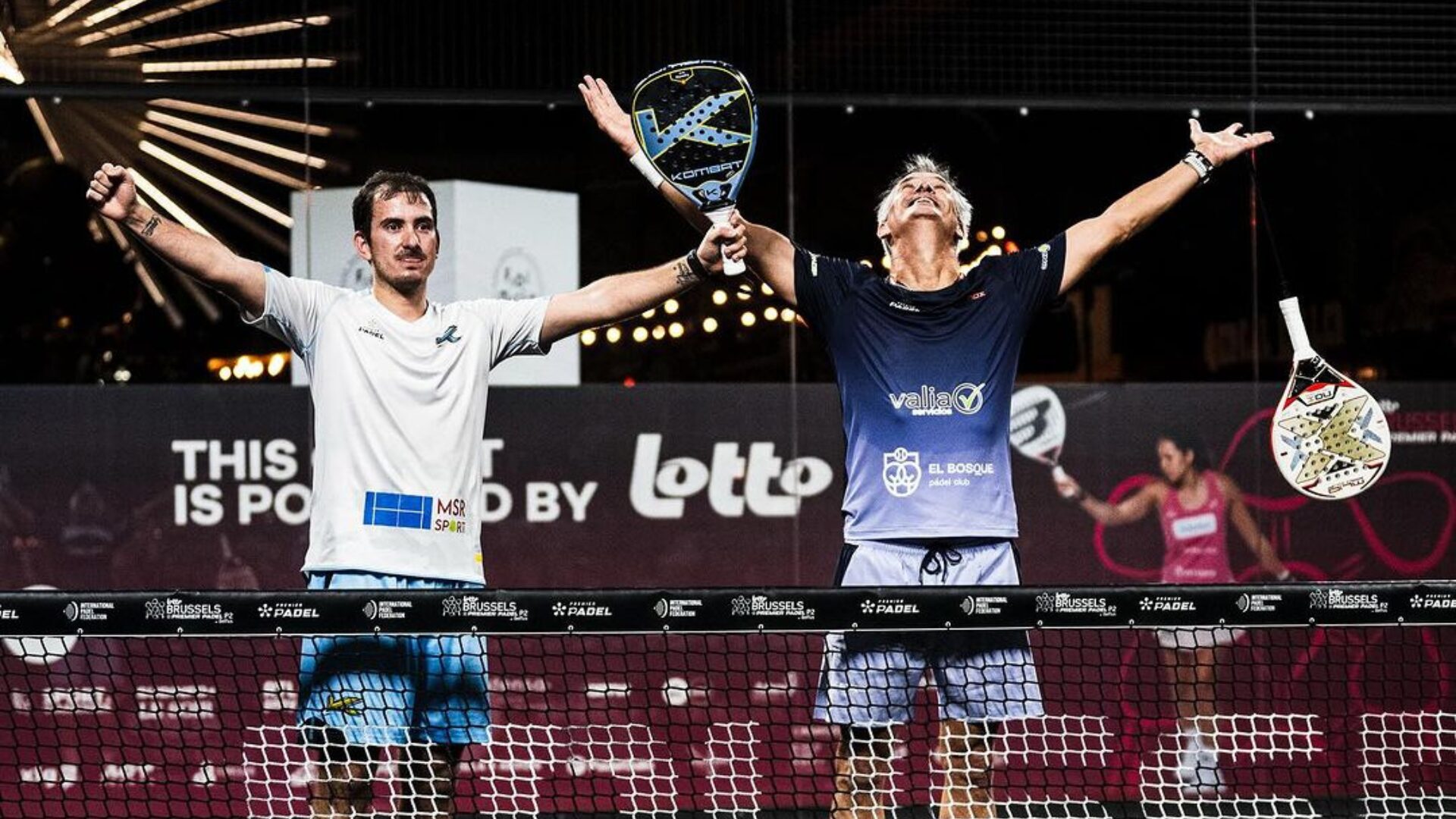 Miguel Lamperti: three tie-breaks and a return to the quarter-finals!
Miguel Lamperti: three tie-breaks and a return to the quarter-finals!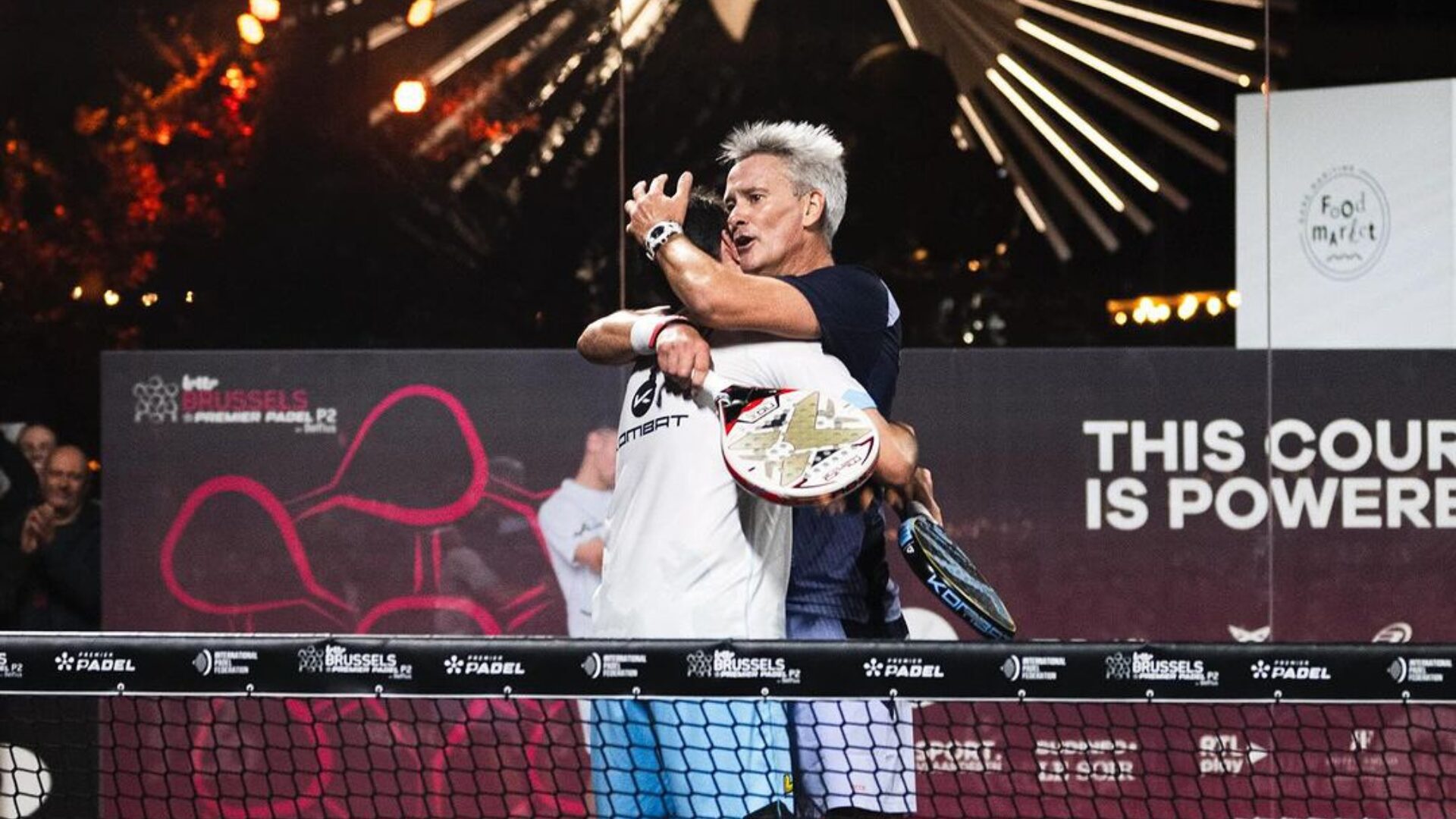 Big evening in Brussels with two seeded players on the mat, heckled number 1s…
Big evening in Brussels with two seeded players on the mat, heckled number 1s…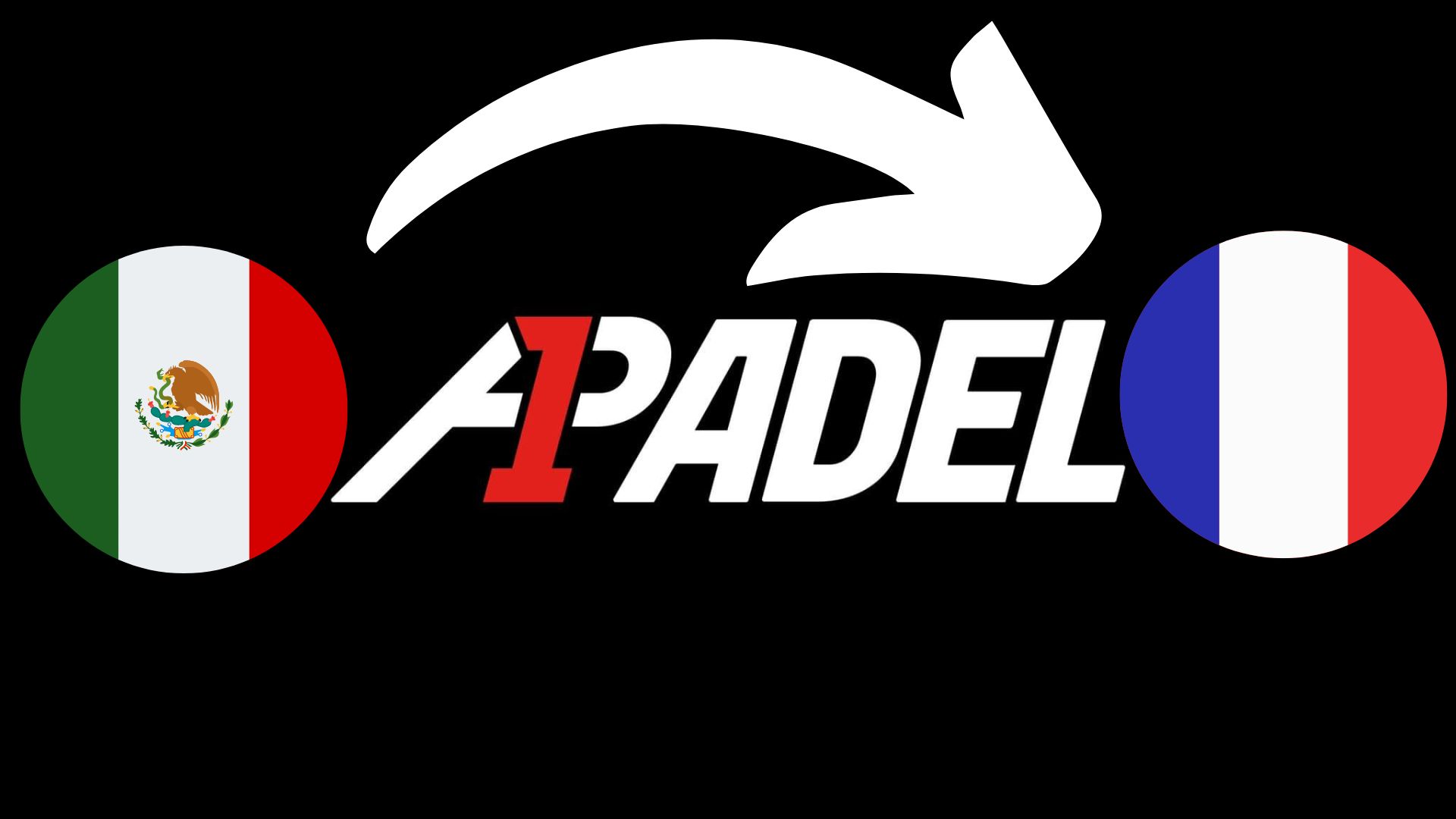 A1 Padel – the French Open replaces the Mexican Open on the calendar
A1 Padel – the French Open replaces the Mexican Open on the calendar Padel Score comes to Tahiti for American Express Padel Cup!
Padel Score comes to Tahiti for American Express Padel Cup!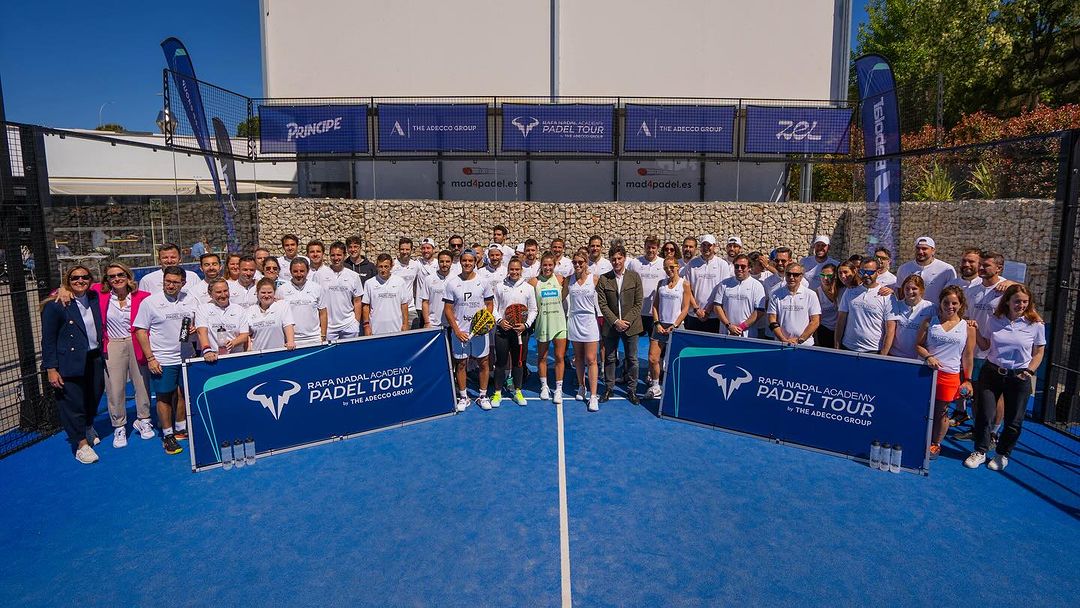 Do you know the Rafa Nadal Academy Tour?
Do you know the Rafa Nadal Academy Tour?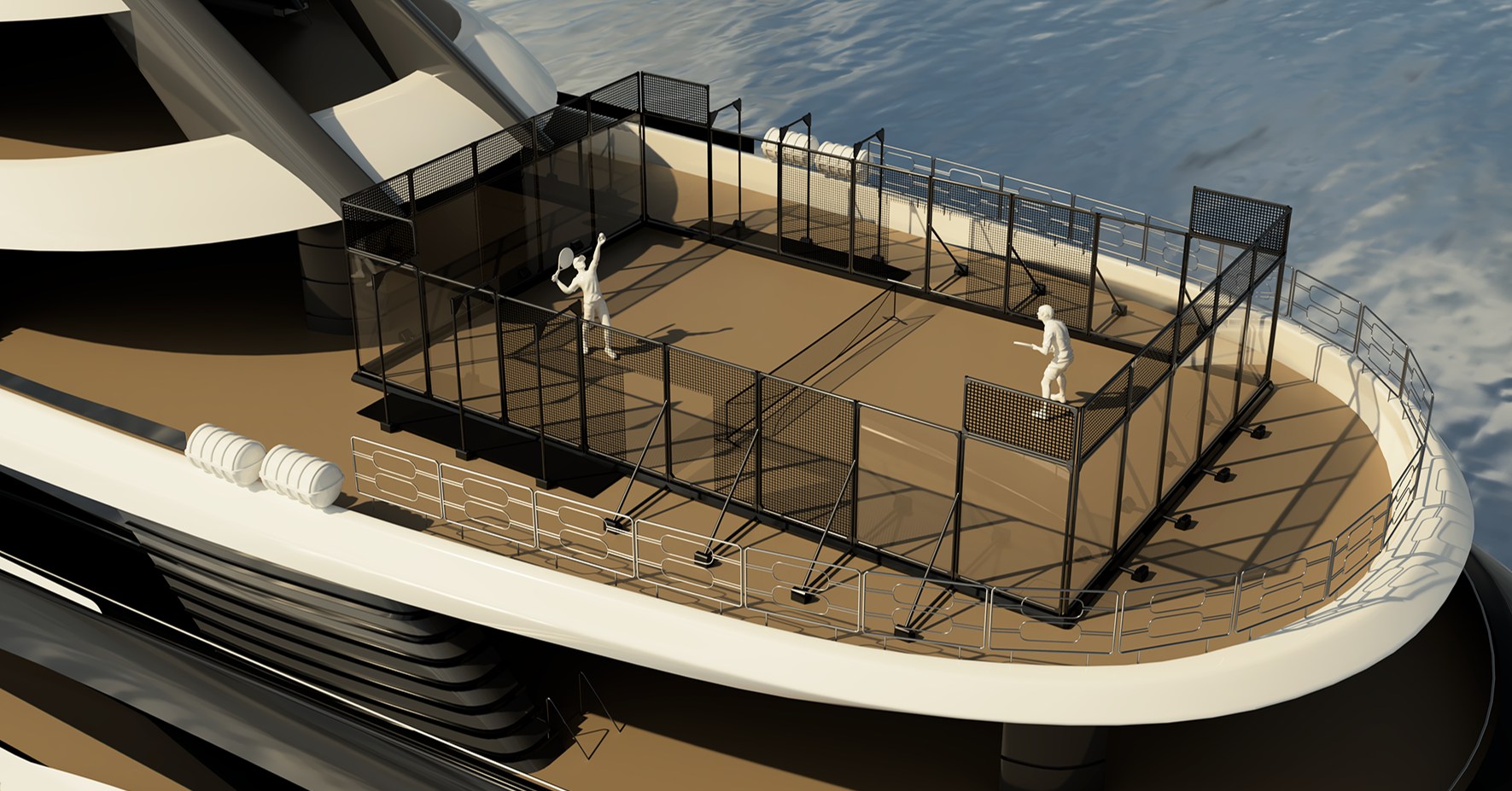 Play at padel on his yacht? Possible for €233.000!
Play at padel on his yacht? Possible for €233.000! Our Top 10 training courses padel in France and Europe
Our Top 10 training courses padel in France and Europe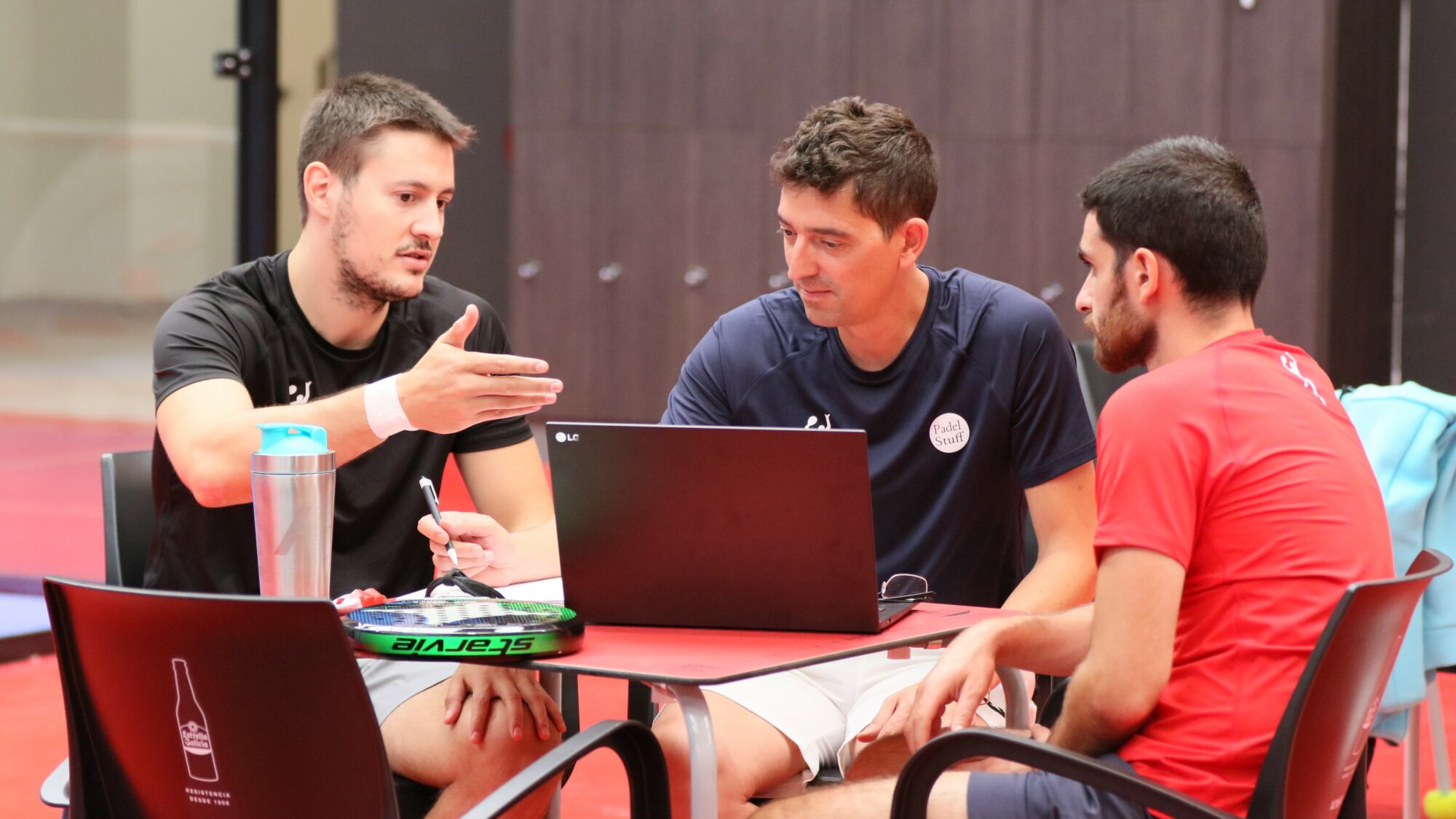 At the heart of padel – Episode 25: Paul and Andoni answer your questions
At the heart of padel – Episode 25: Paul and Andoni answer your questions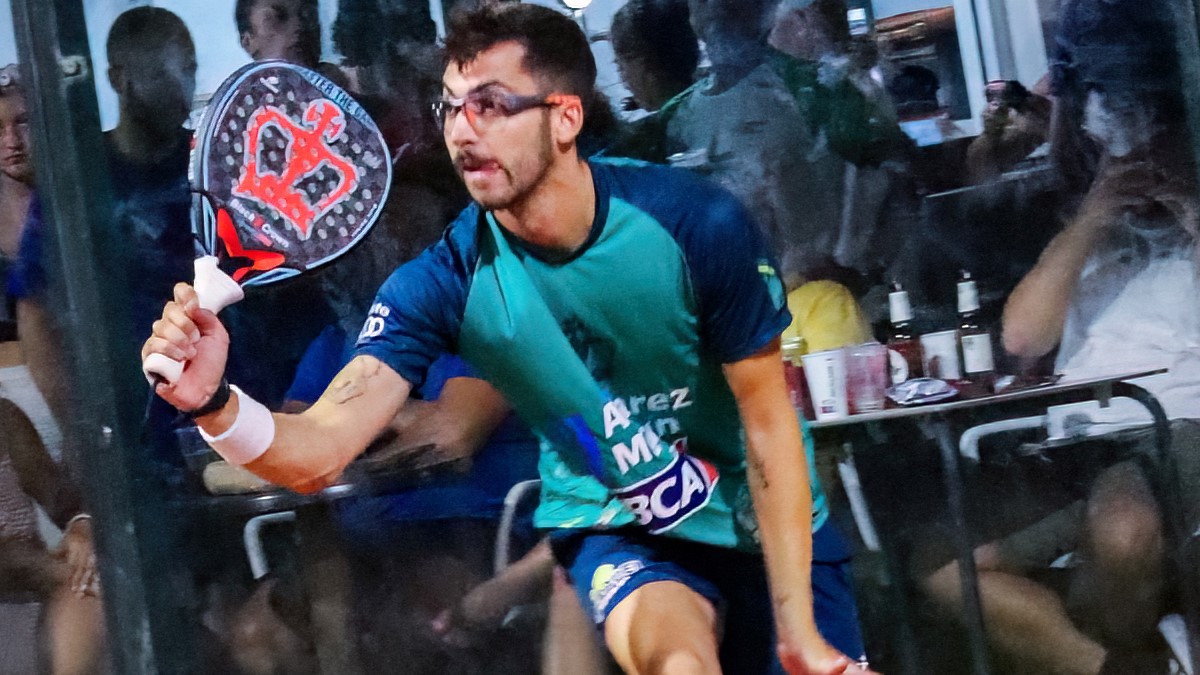 Tactical padel – What to do when faced with players who systematically stay at the bottom?
Tactical padel – What to do when faced with players who systematically stay at the bottom?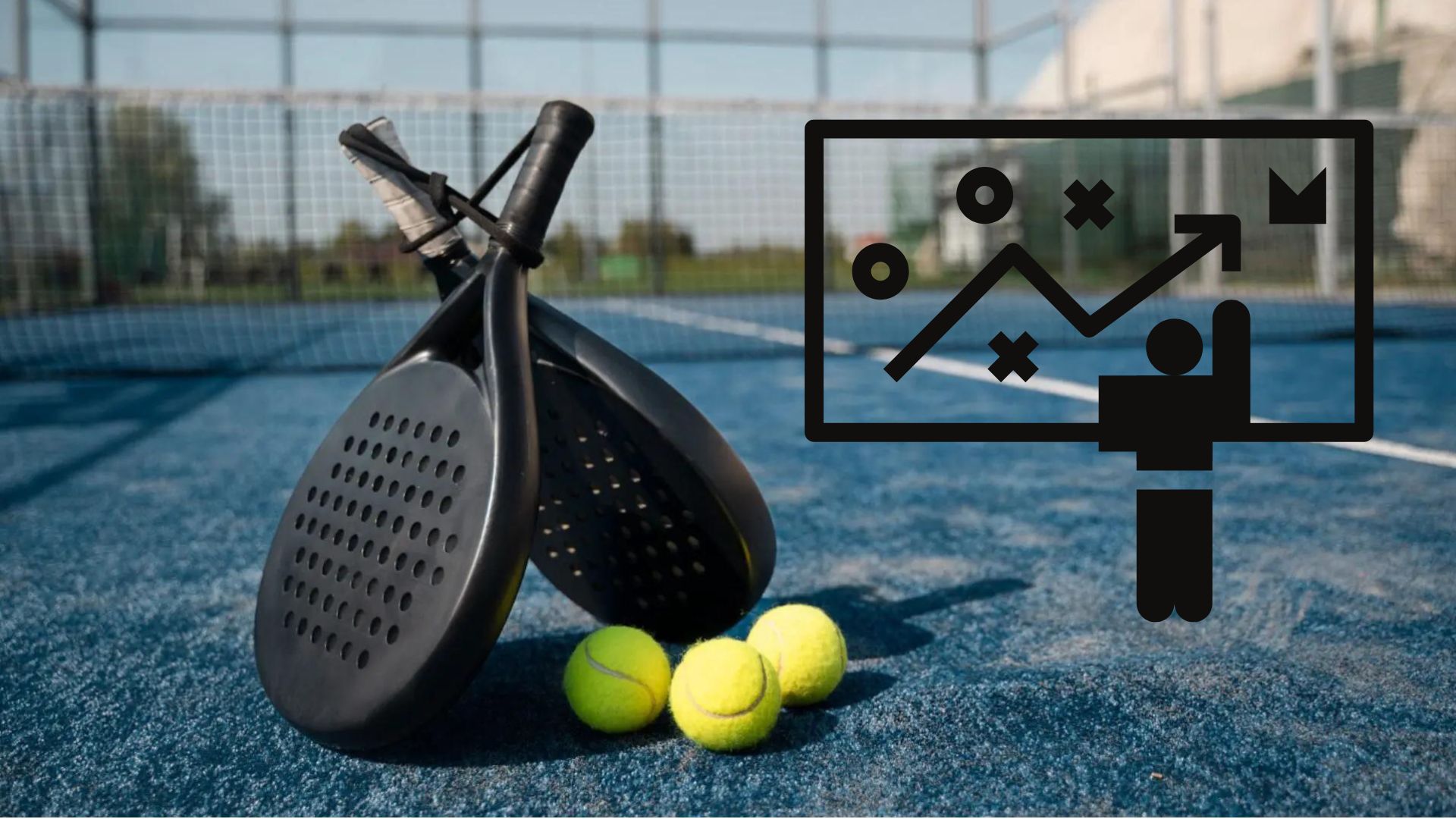 The basic tactics of padel
The basic tactics of padel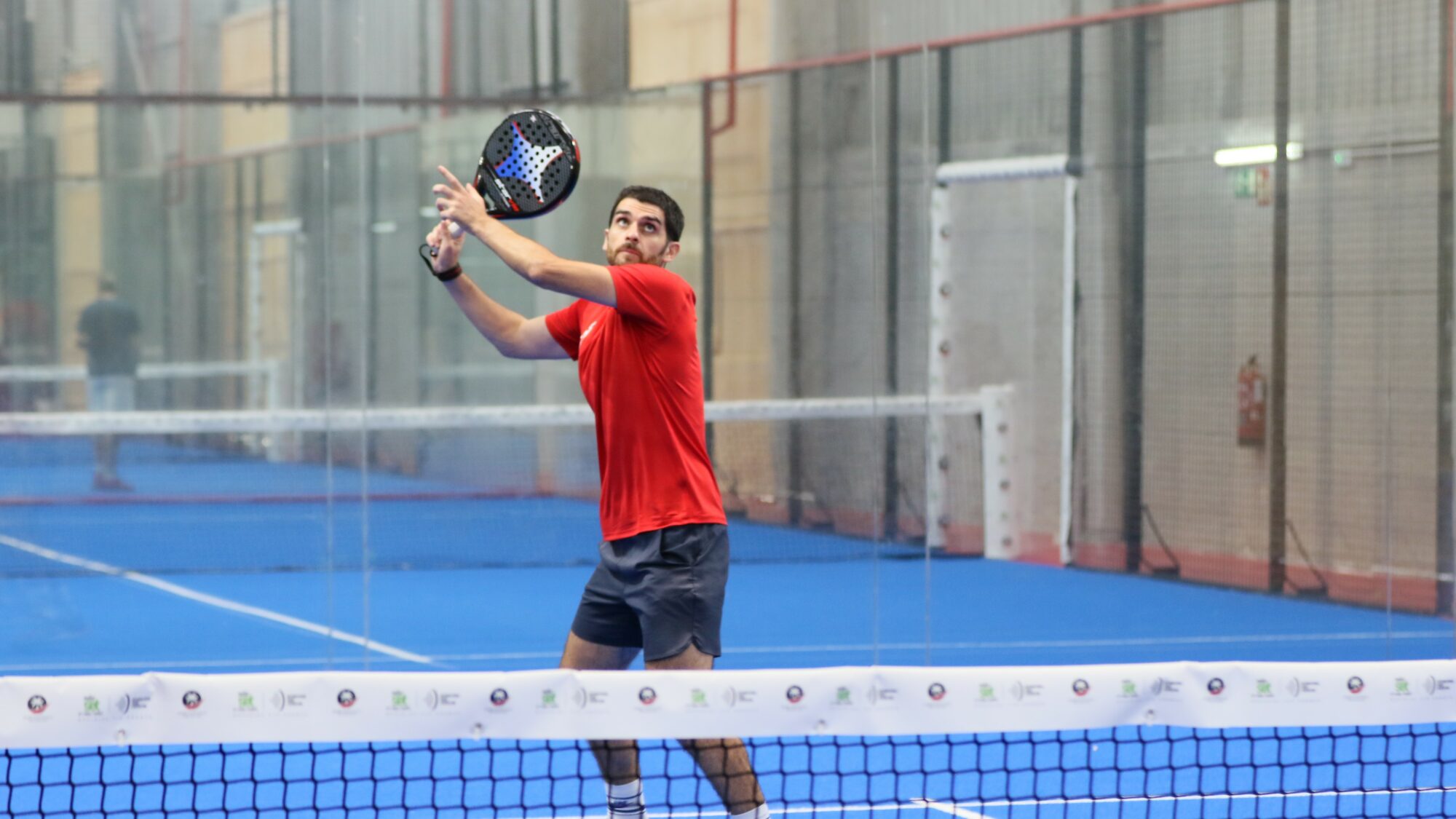 At the heart of padel – Episode 25: Paul and Andoni answer your questions
At the heart of padel – Episode 25: Paul and Andoni answer your questions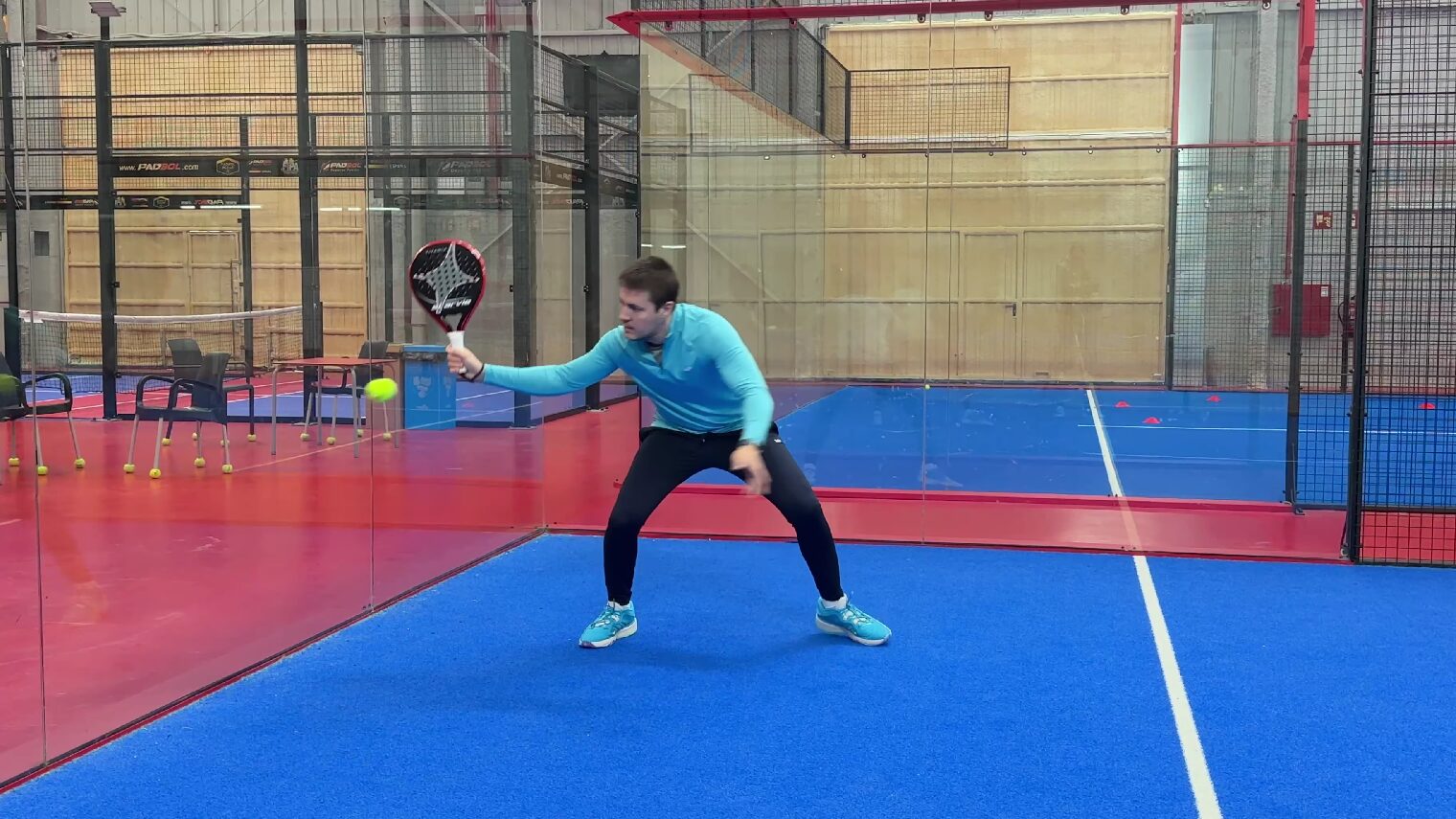 At the heart of padel – Episode 23: defend the window well
At the heart of padel – Episode 23: defend the window well Prohibition on playing topless Padel : the reasons
Prohibition on playing topless Padel : the reasons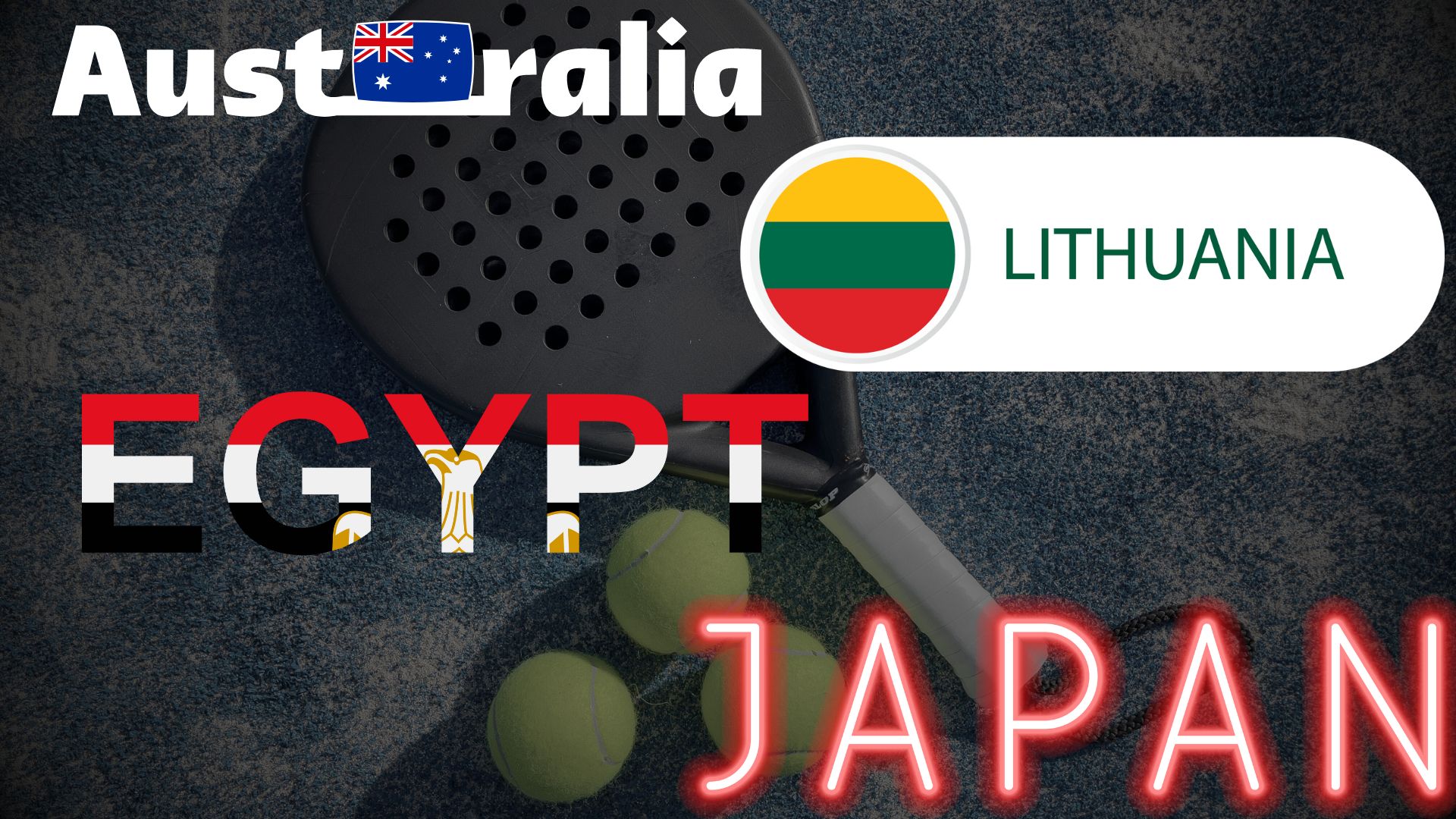 FIP Tour – Going far from Europe, THE strategy to earn points!
FIP Tour – Going far from Europe, THE strategy to earn points!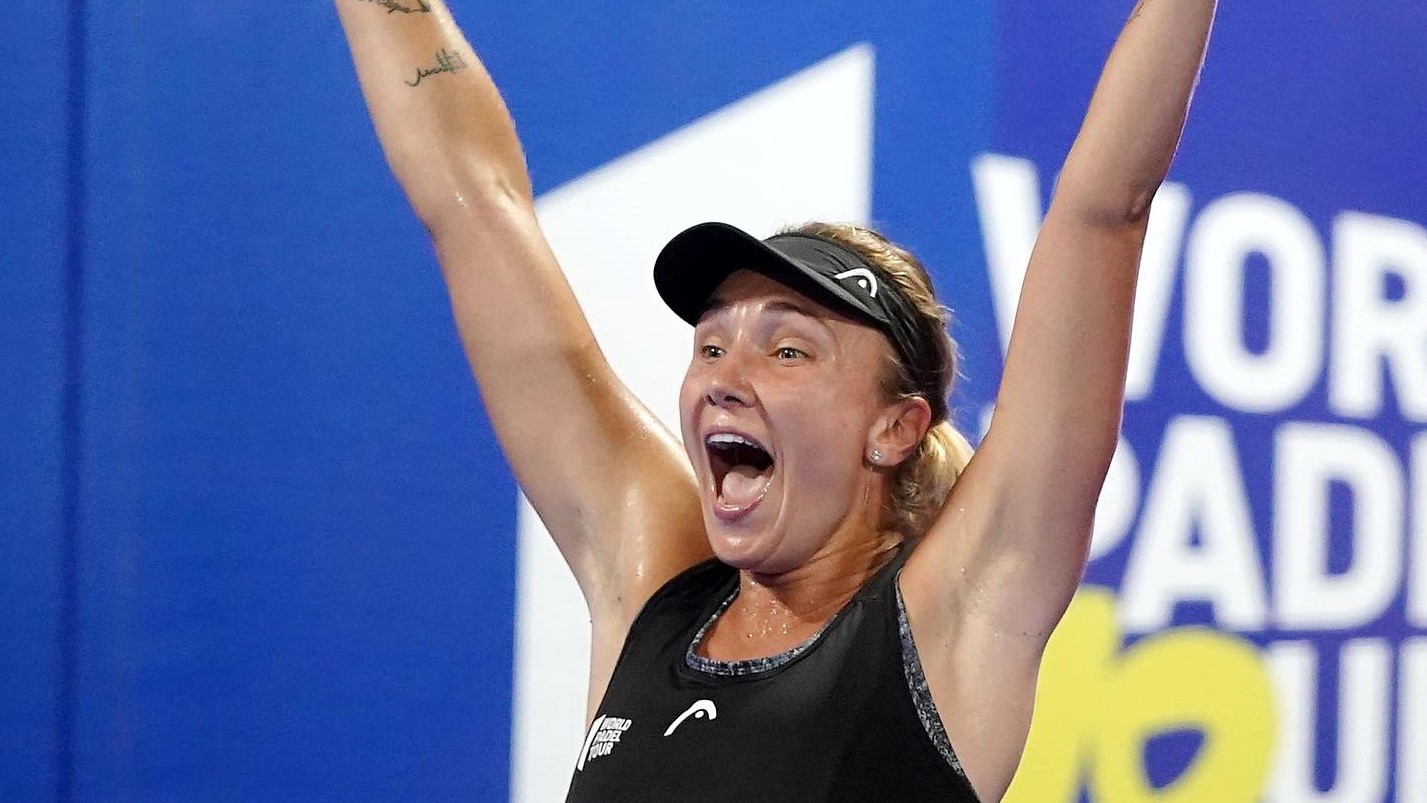 What is a good football player? padel ?
What is a good football player? padel ? “Lefties give me headaches when I play against them!”
“Lefties give me headaches when I play against them!”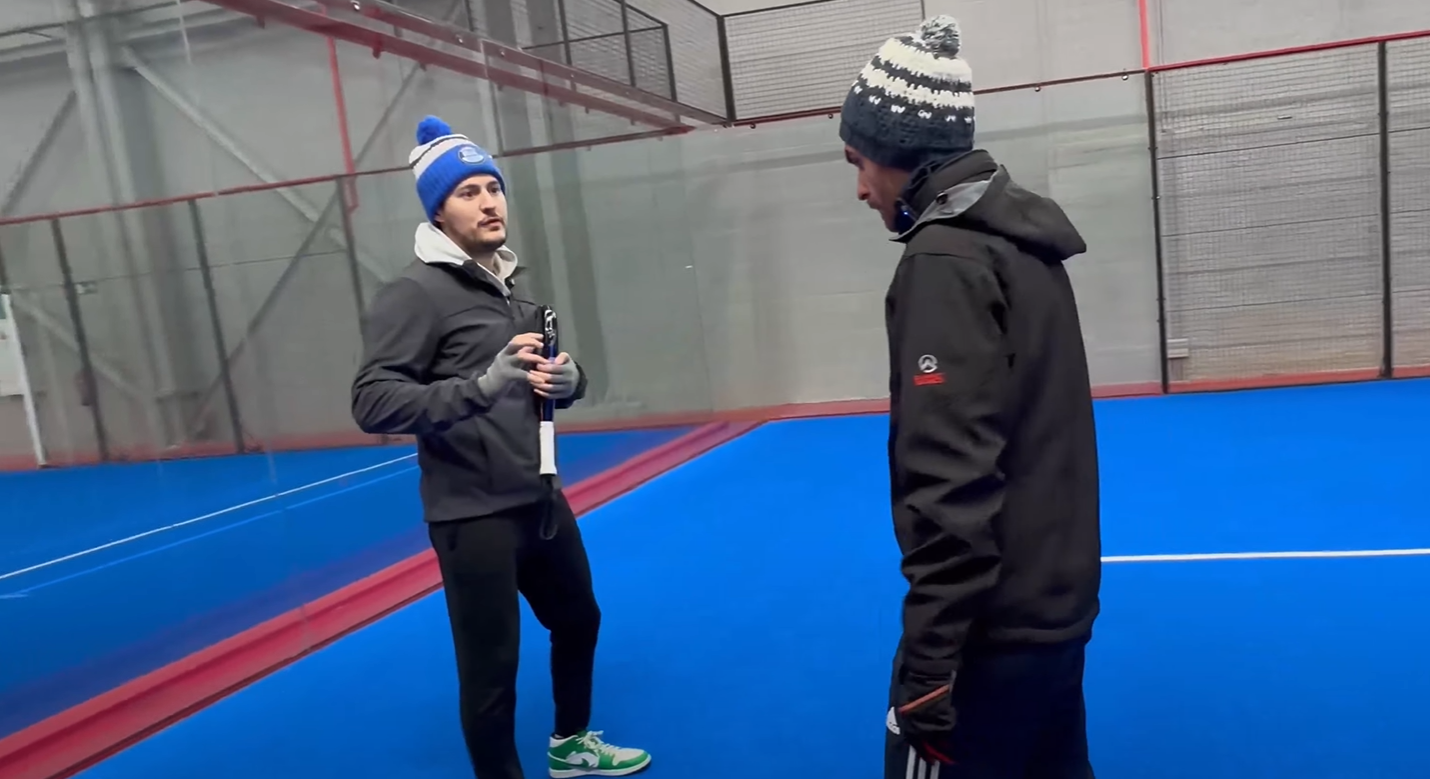 At the heart of padel – Episode 14: how to earn points in winter?
At the heart of padel – Episode 14: how to earn points in winter?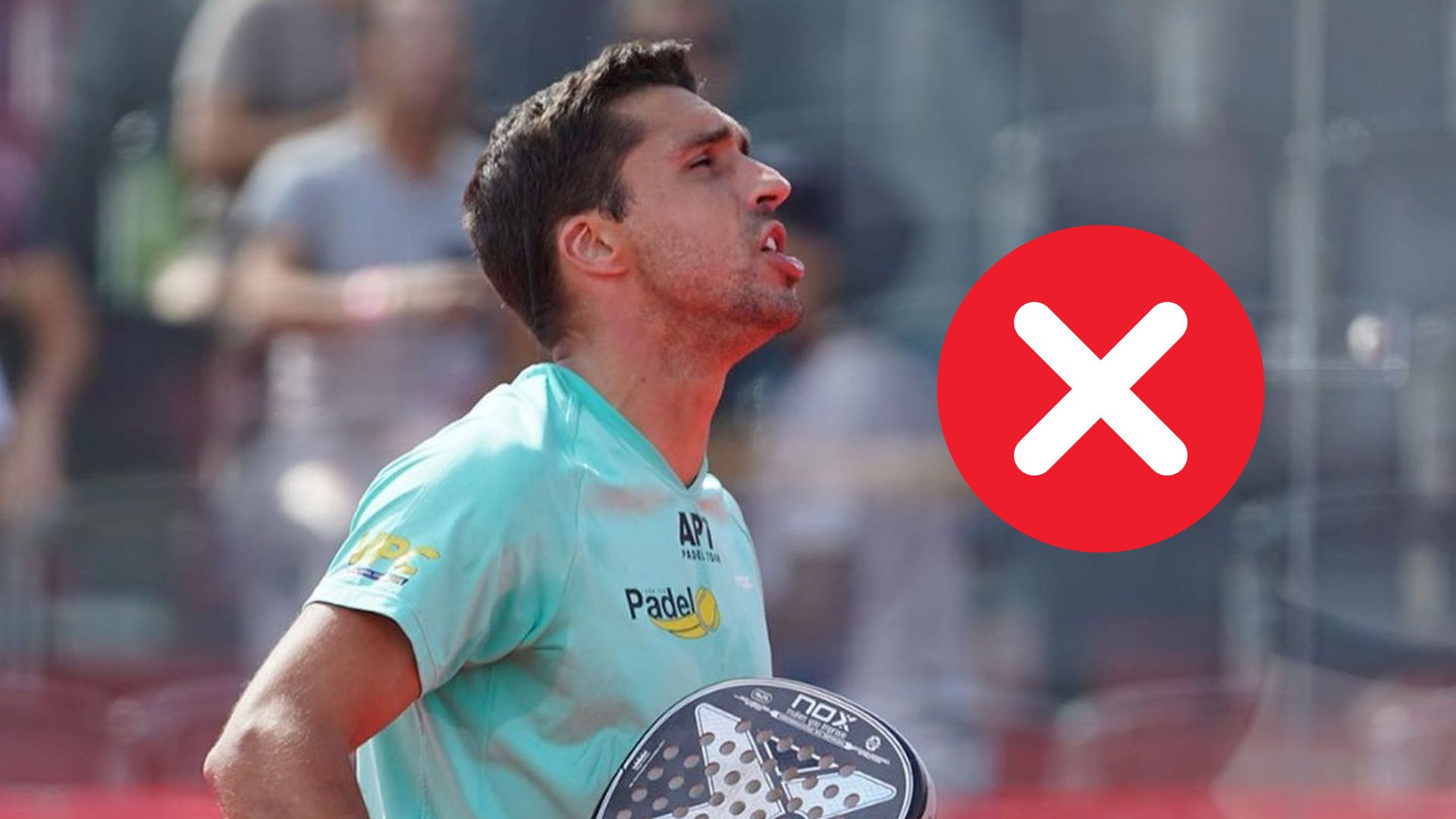 A par 4 is always a winner...even if you manage to defend it!
A par 4 is always a winner...even if you manage to defend it!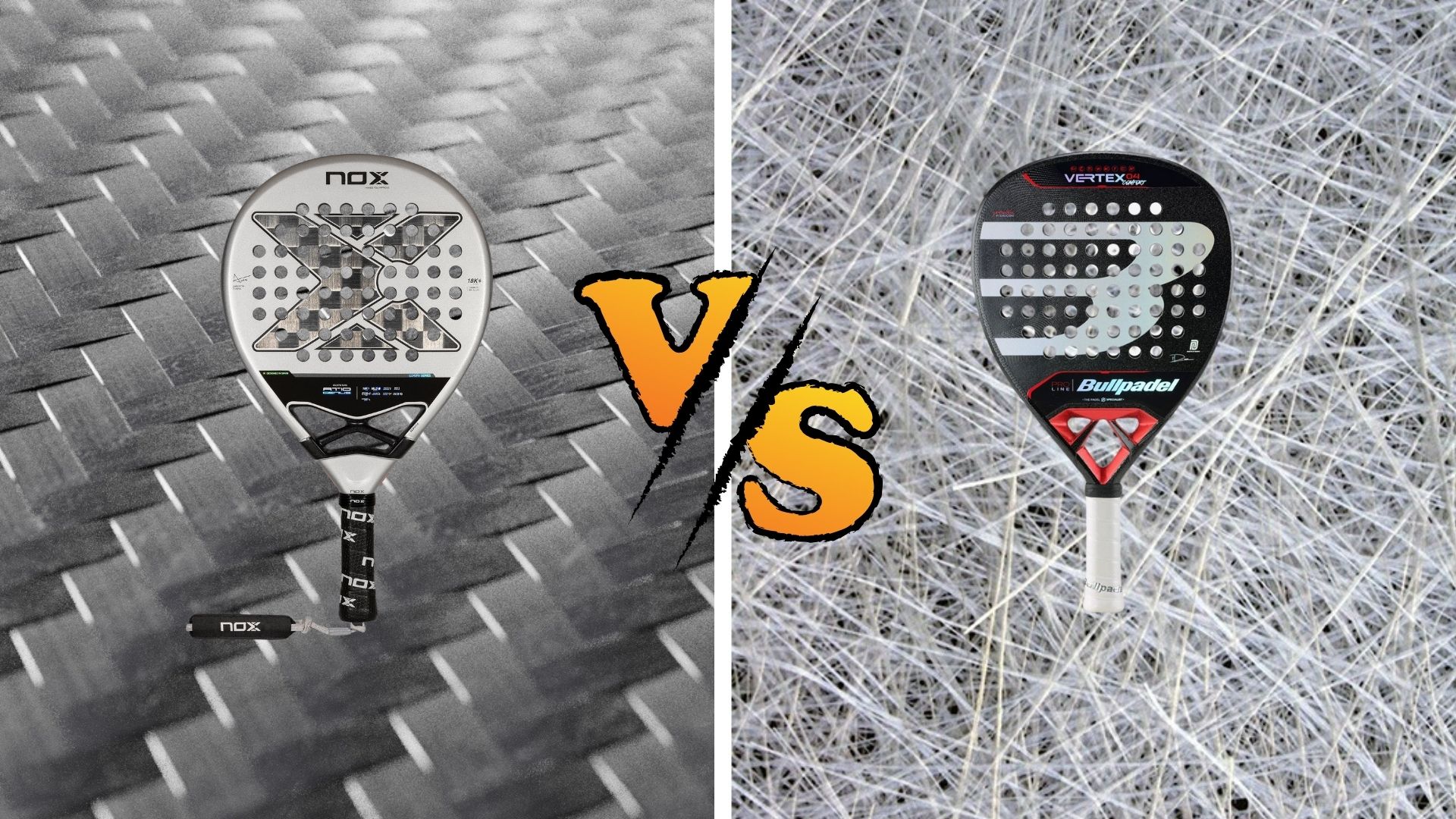 Carbon fiber VS fiberglass: what to choose?
Carbon fiber VS fiberglass: what to choose?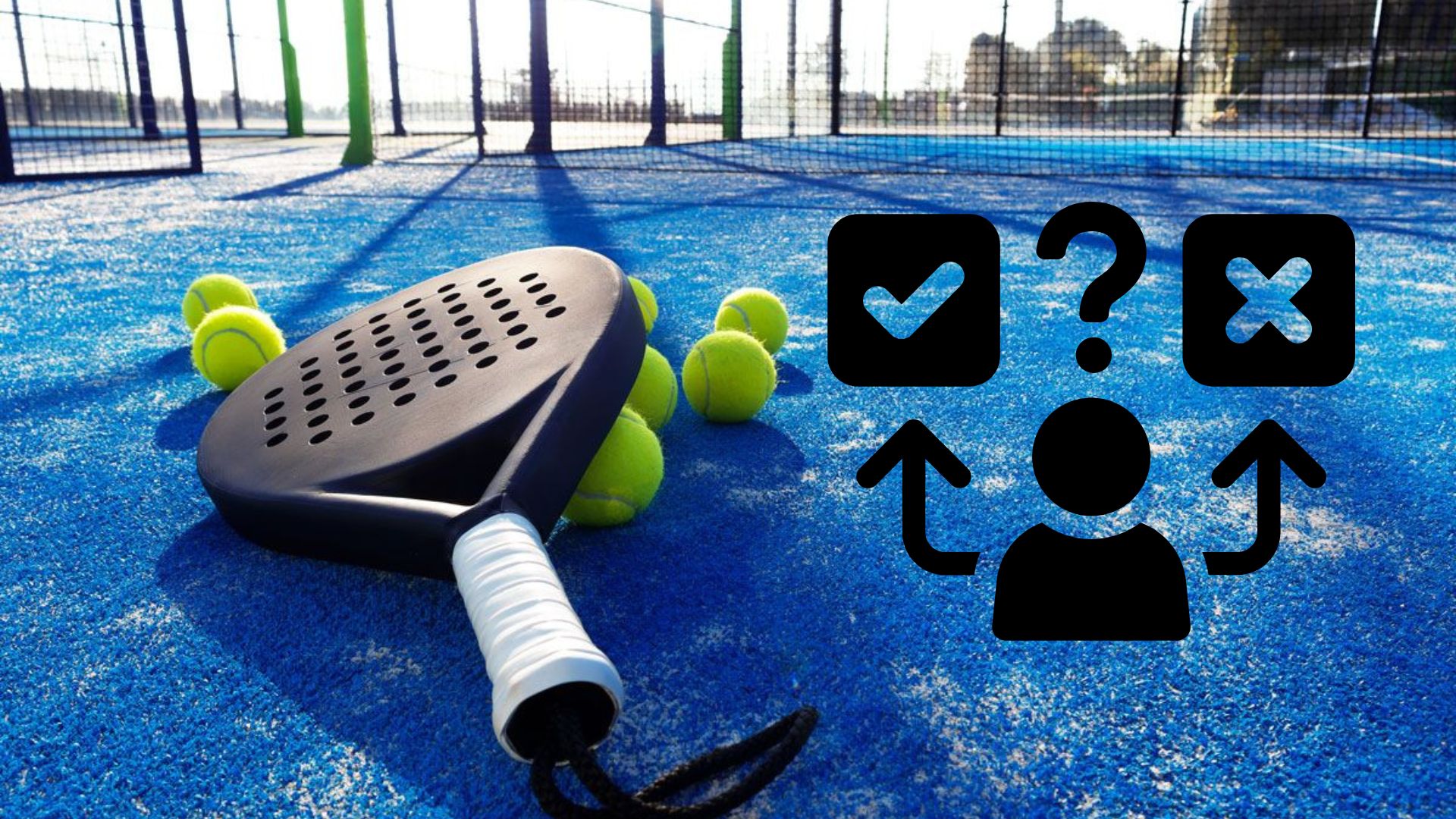 How to effectively test a racket padel ?
How to effectively test a racket padel ?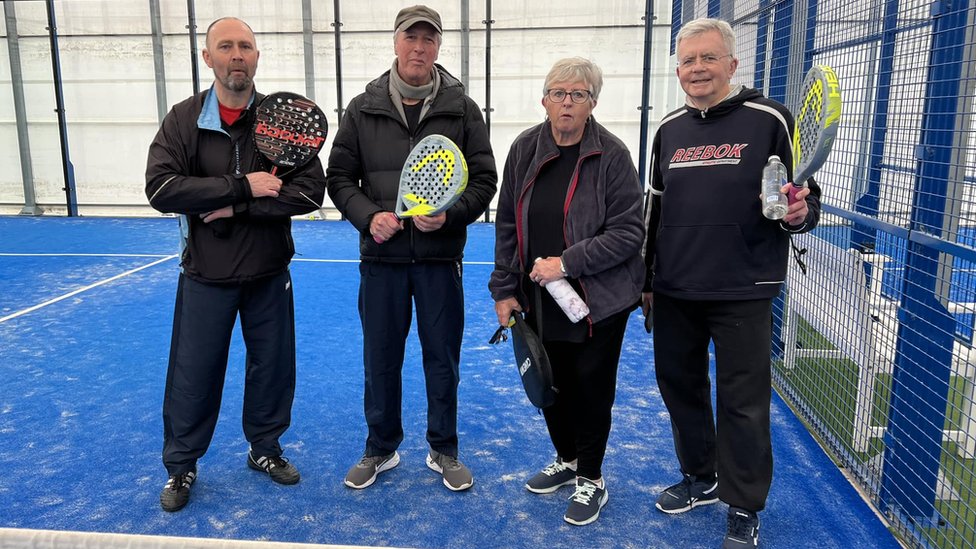 La padel to fight Parkinson's disease
La padel to fight Parkinson's disease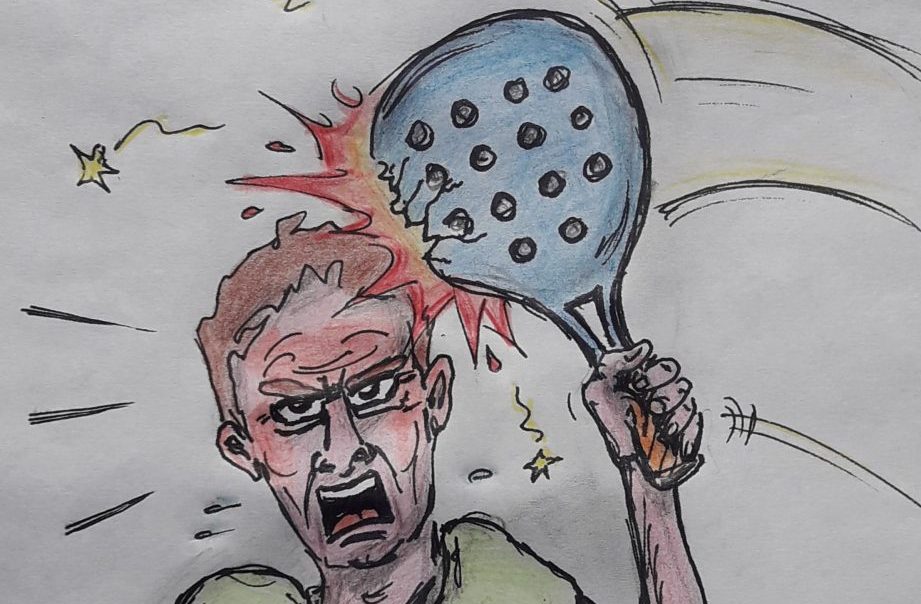 Don't play with a cracked or broken racket, your body will thank you!
Don't play with a cracked or broken racket, your body will thank you! Michel Cymes: “The padel, physically, it’s serious!”
Michel Cymes: “The padel, physically, it’s serious!”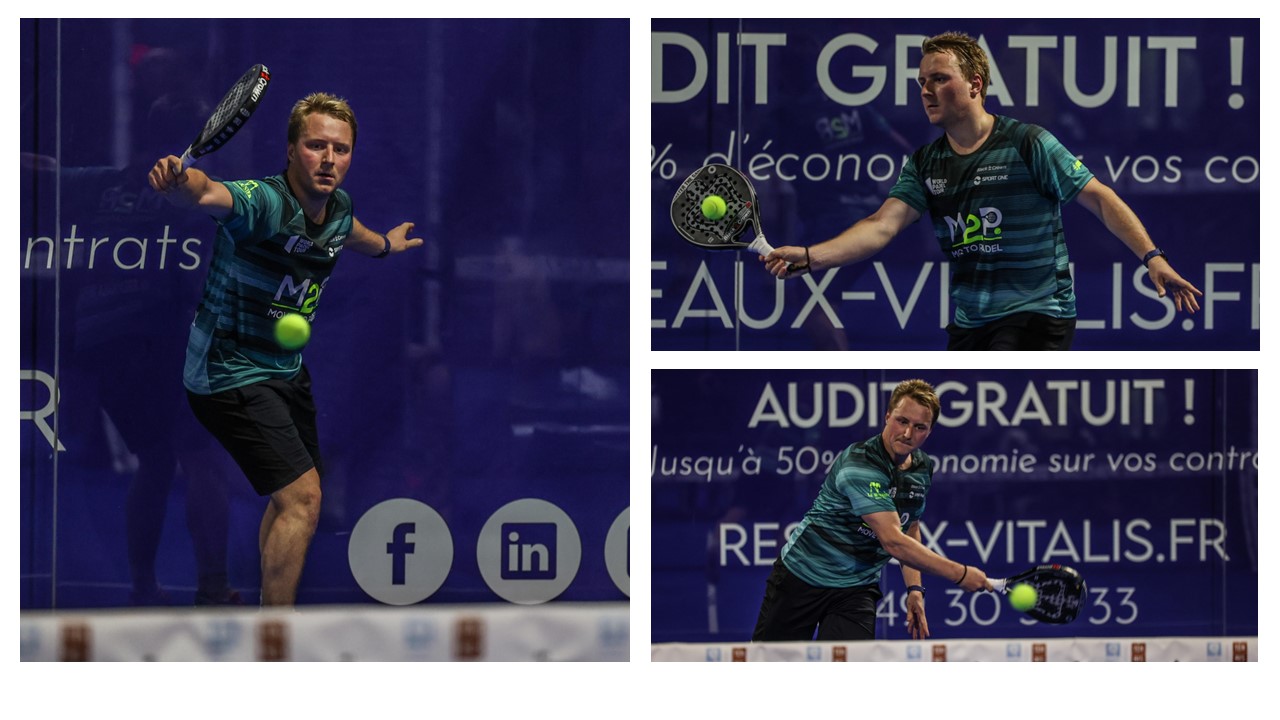 Jeremy Gala: “Promote the padel among young people in Belgium remains a challenge”
Jeremy Gala: “Promote the padel among young people in Belgium remains a challenge”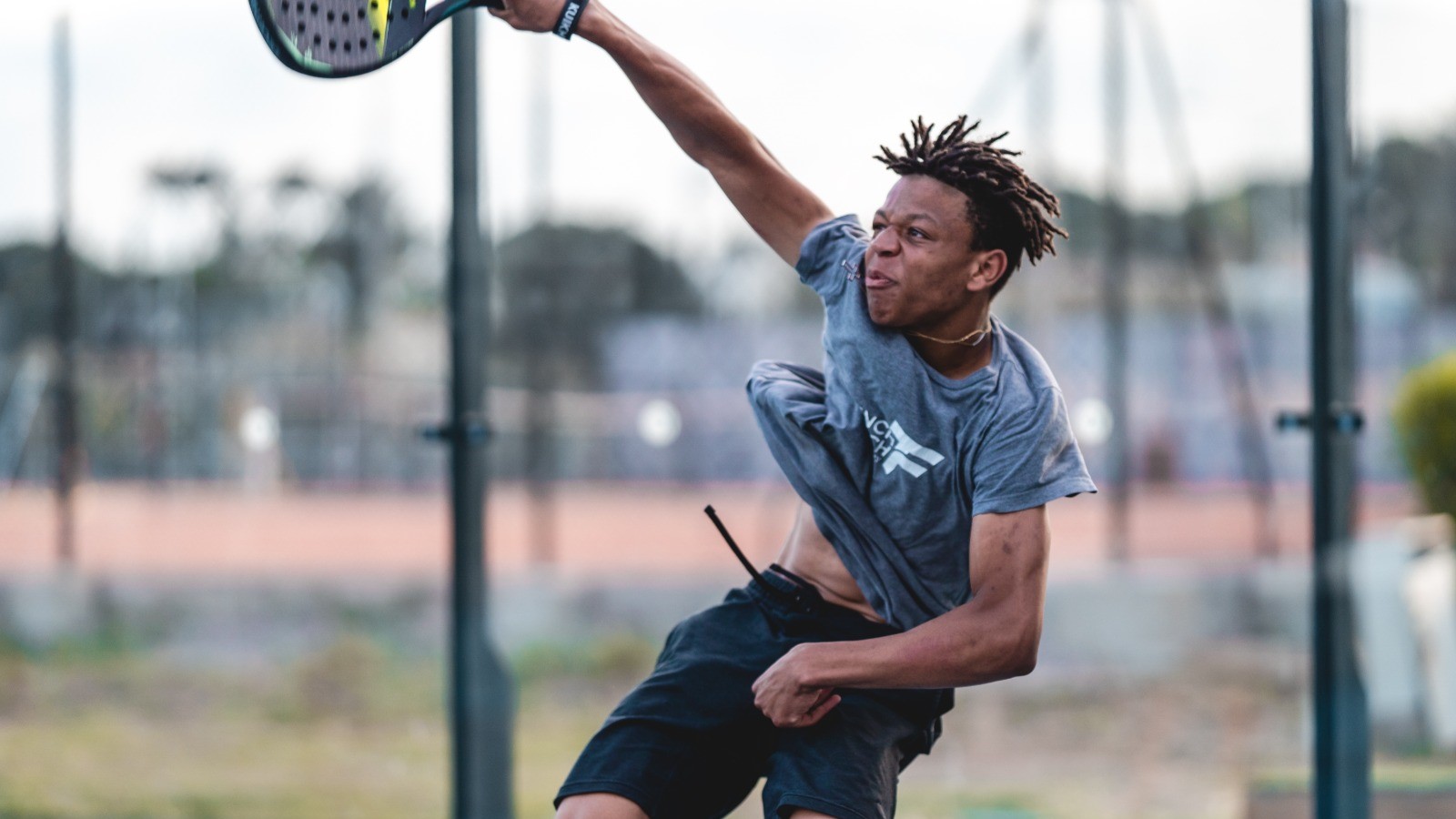 The French Touch Academy organizes its selection day Padel-Study
The French Touch Academy organizes its selection day Padel-Study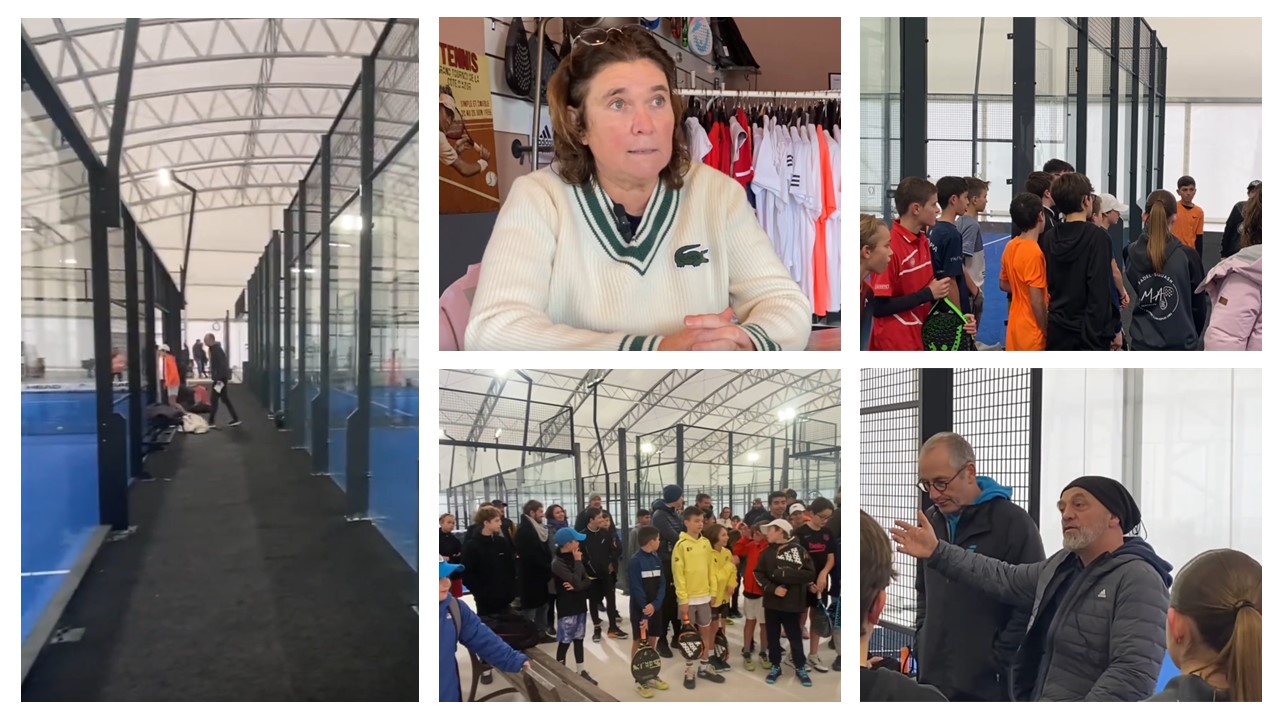 Report on the detection and training of younger generations
Report on the detection and training of younger generations